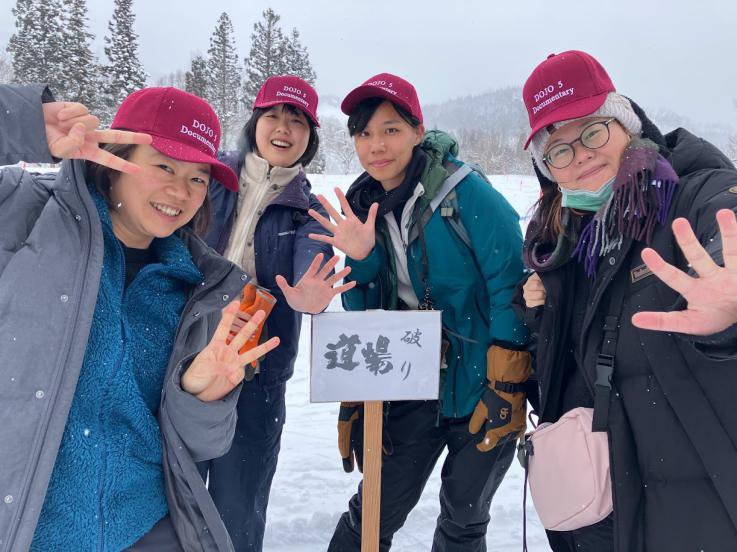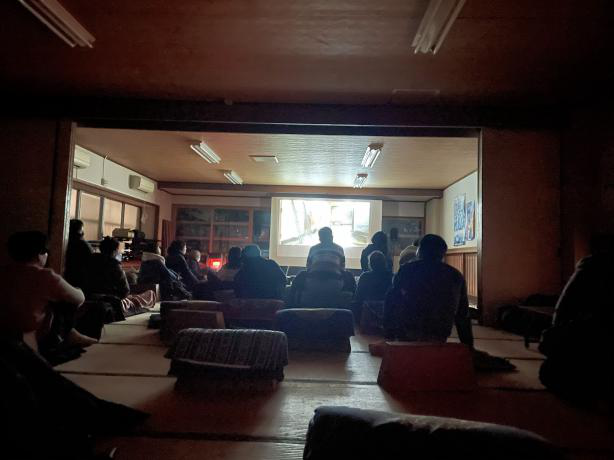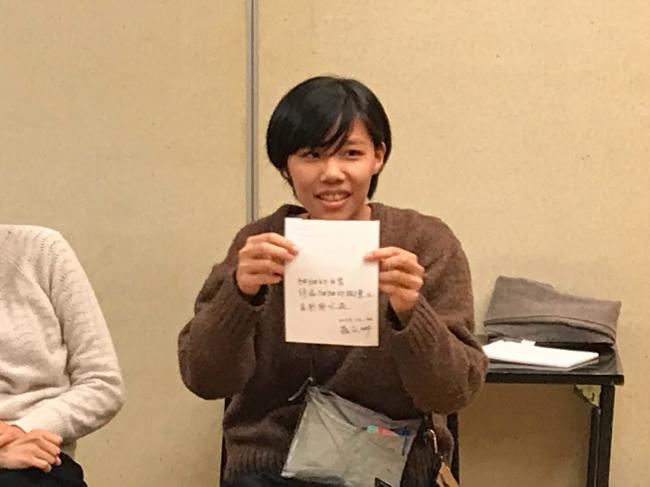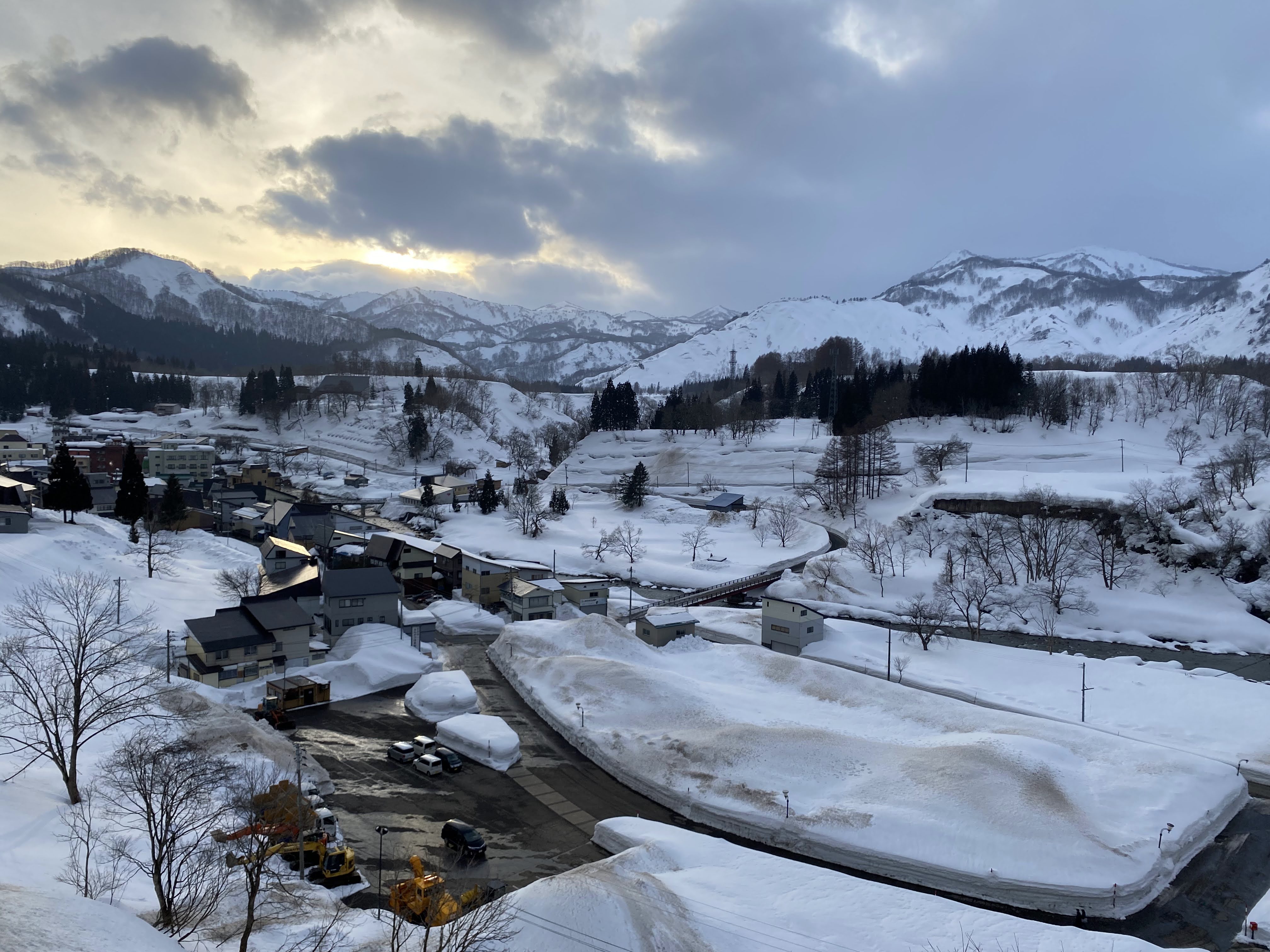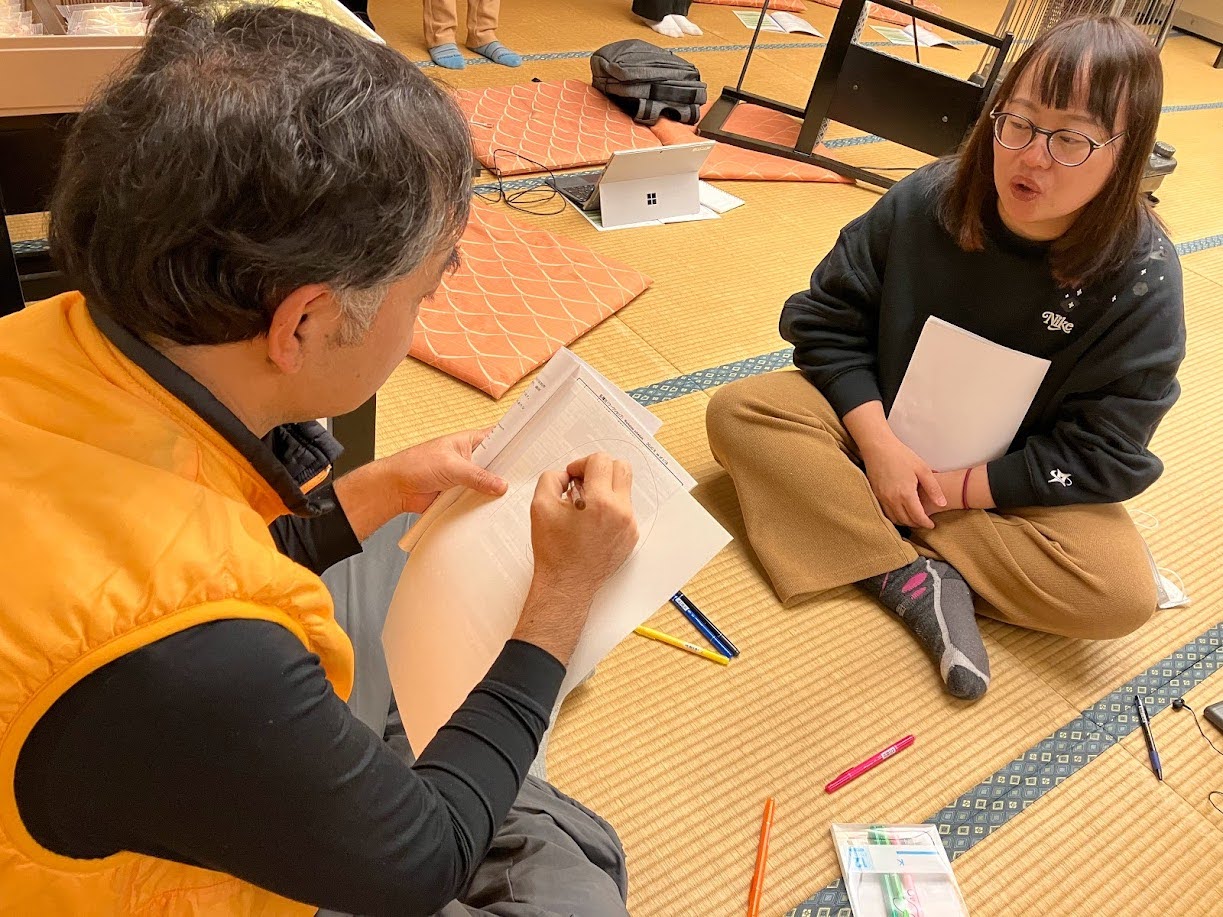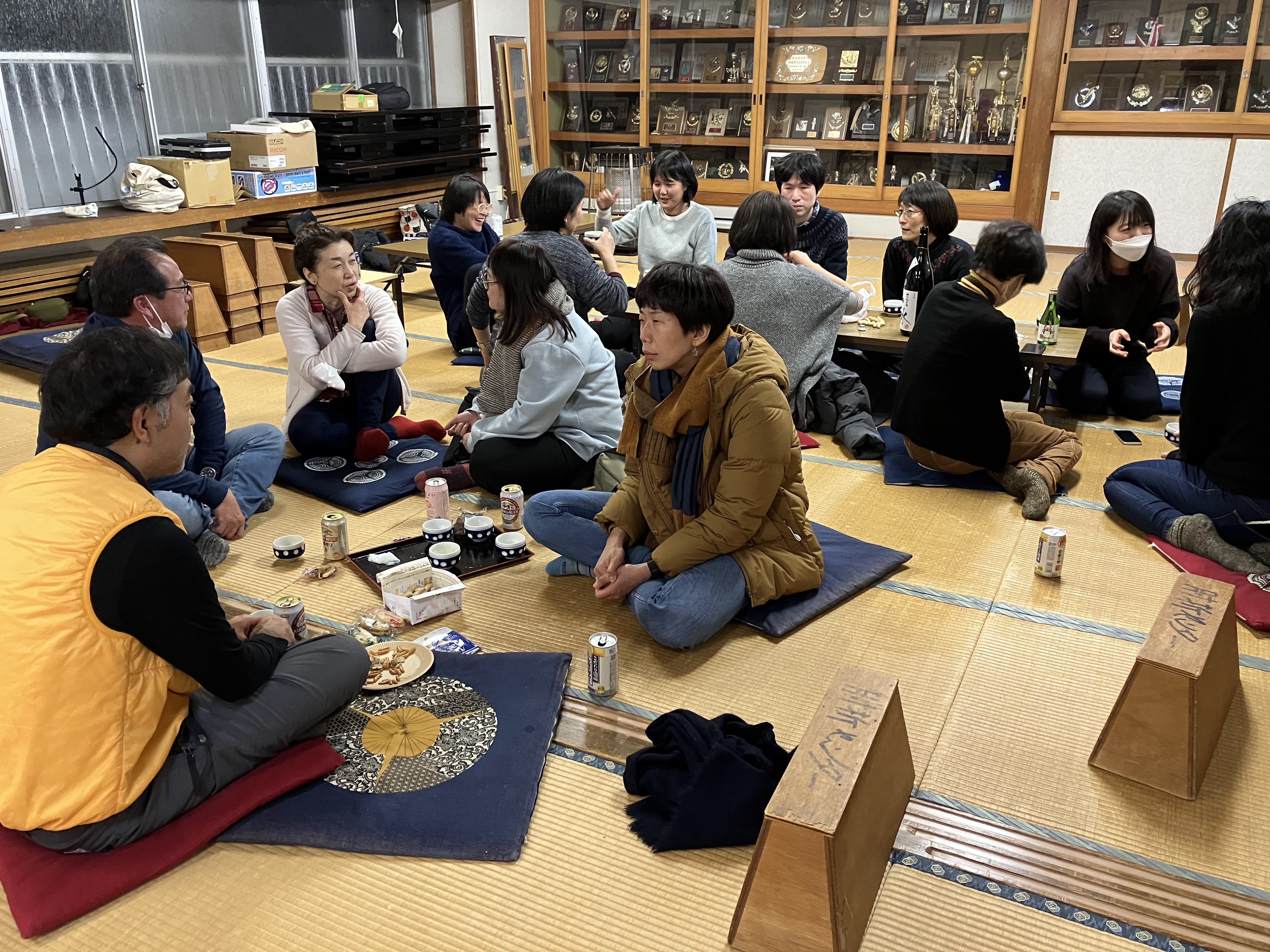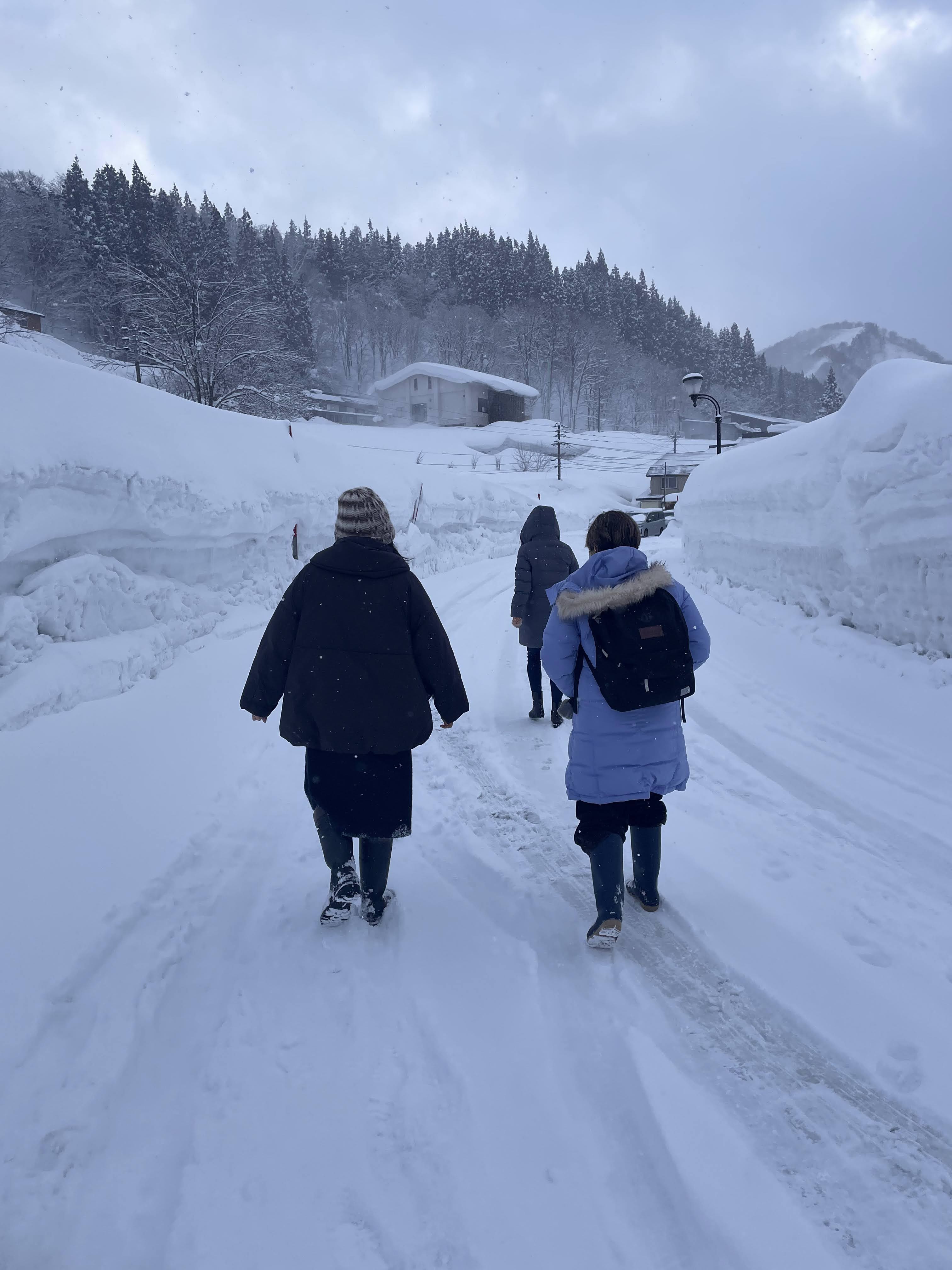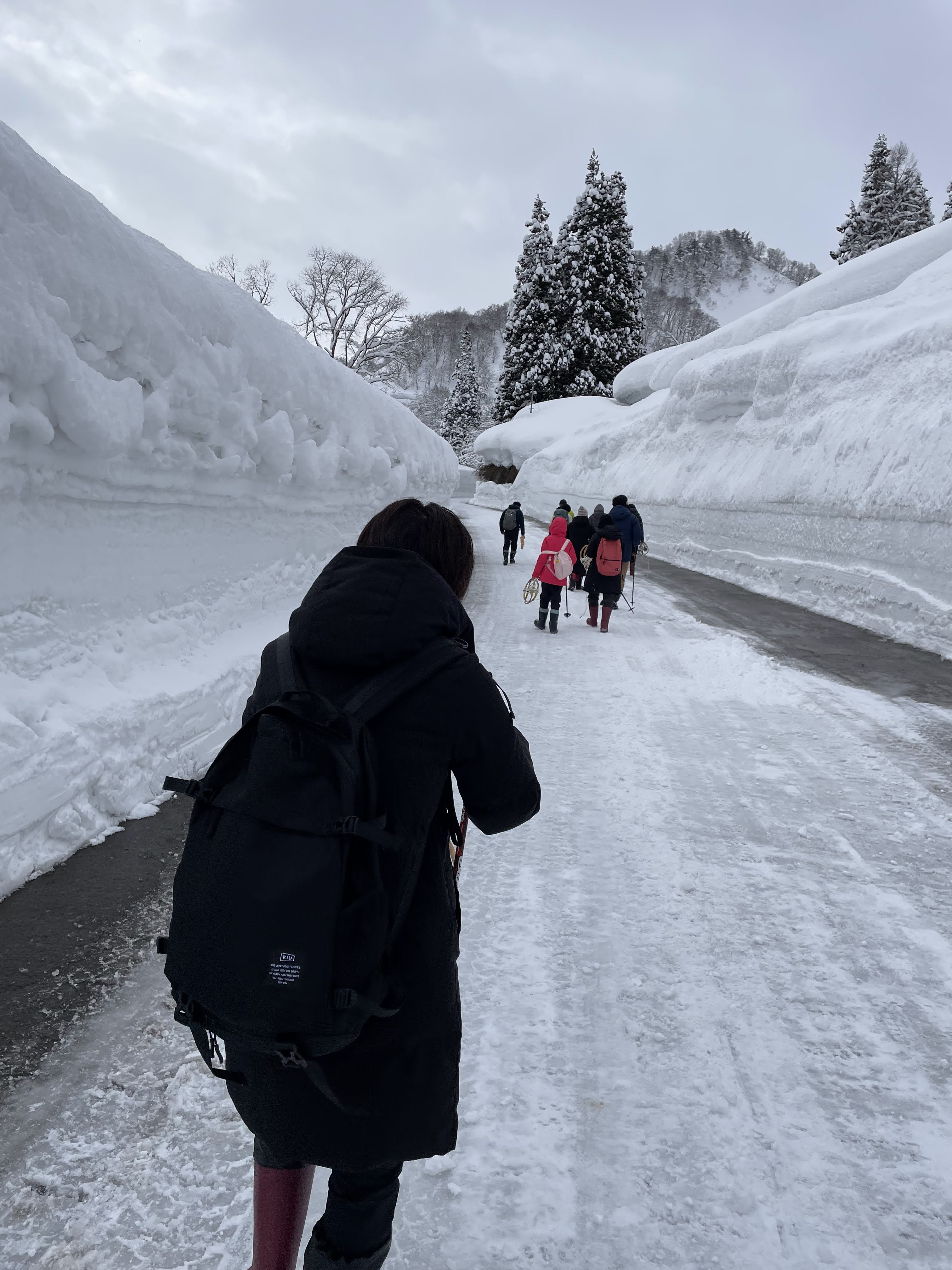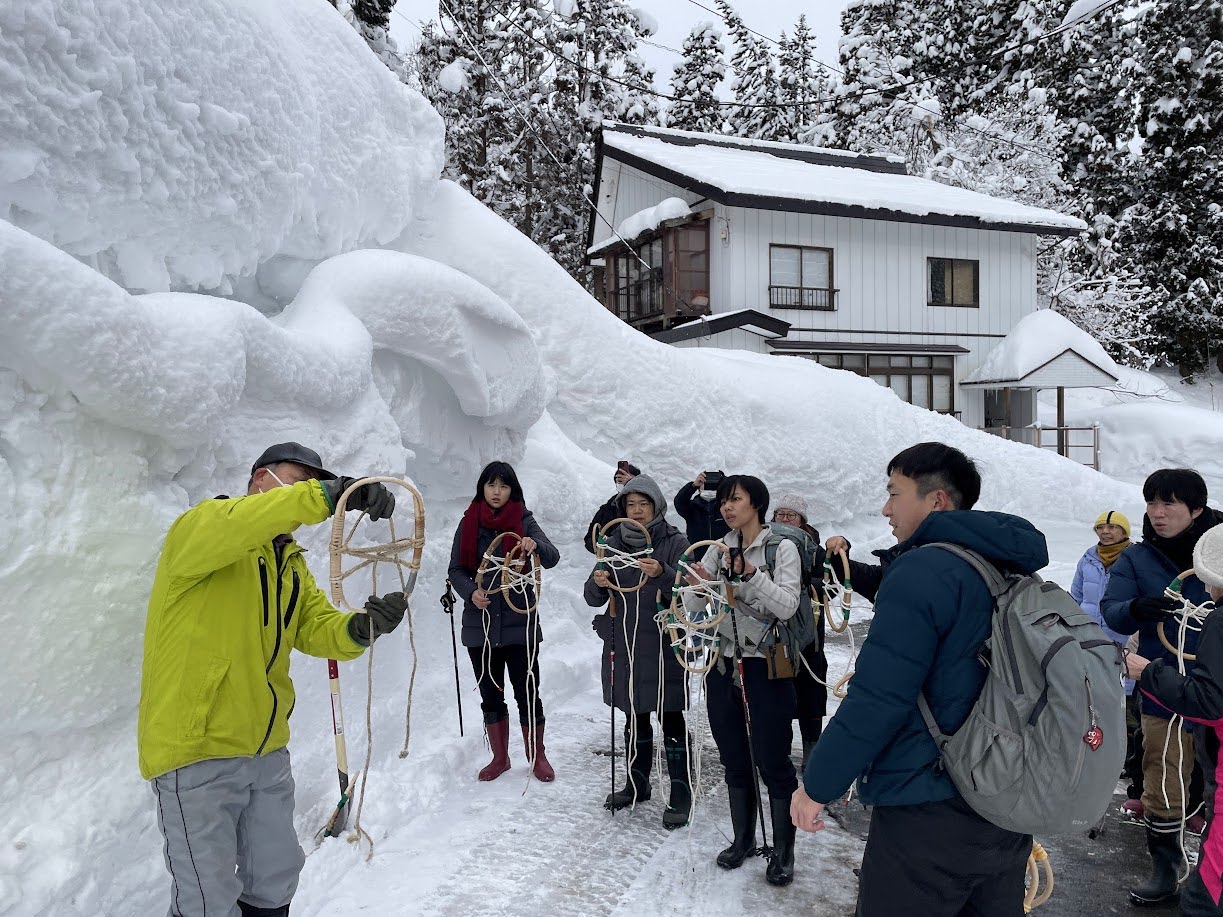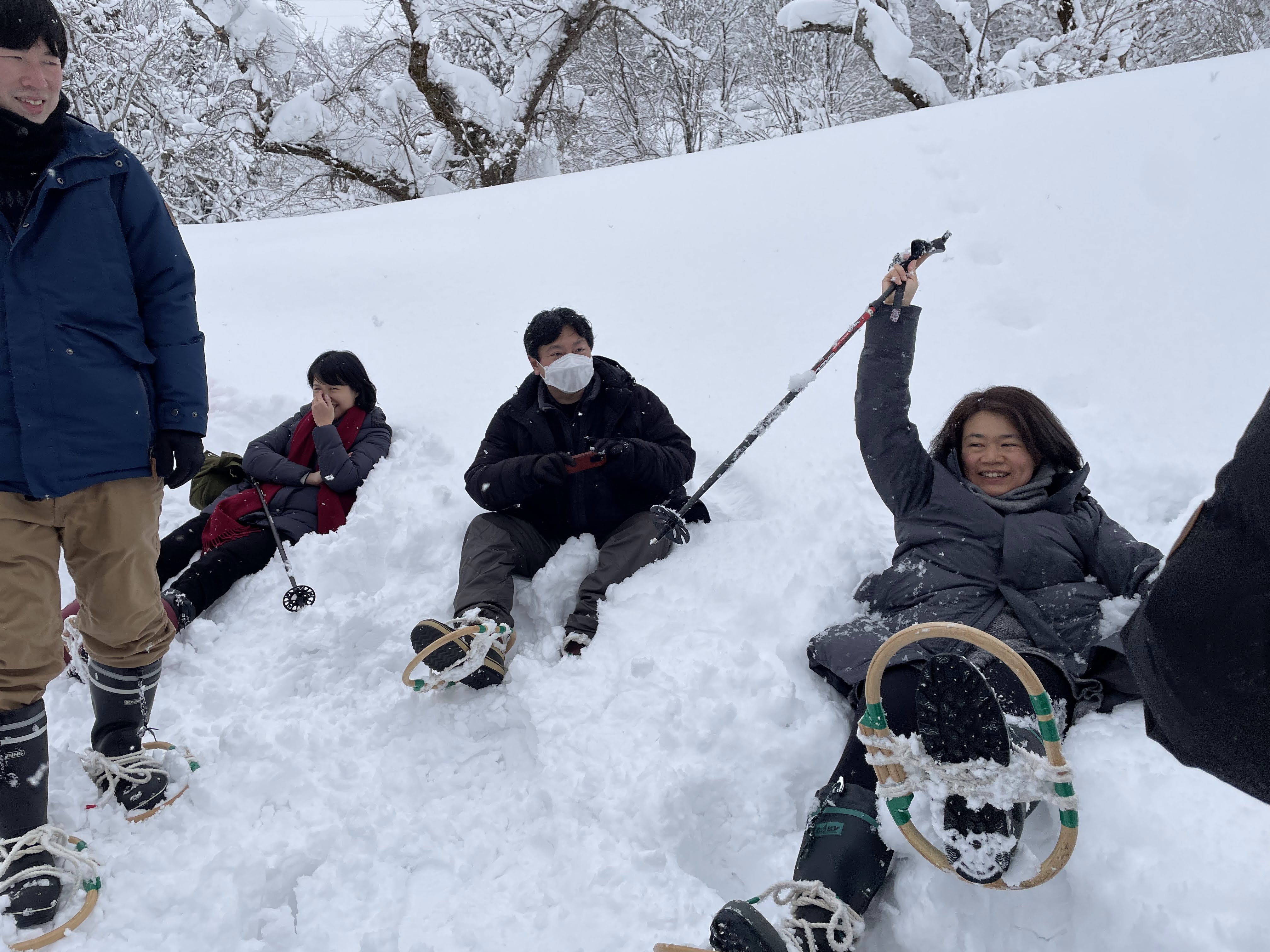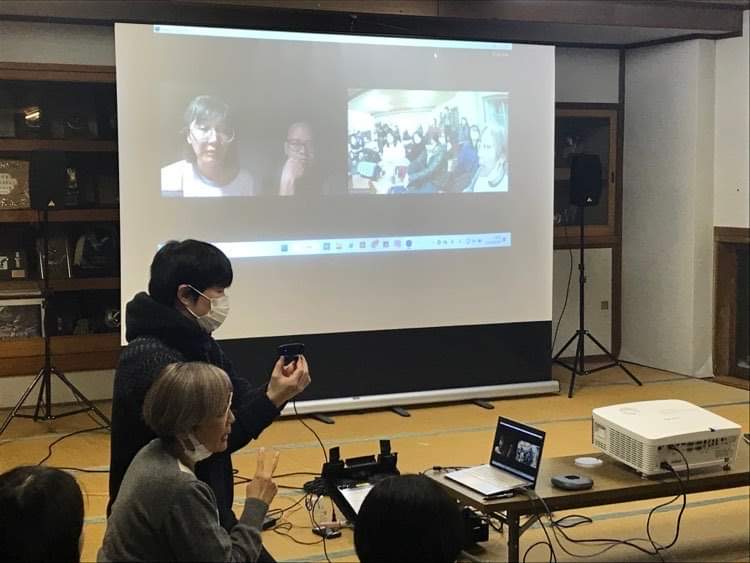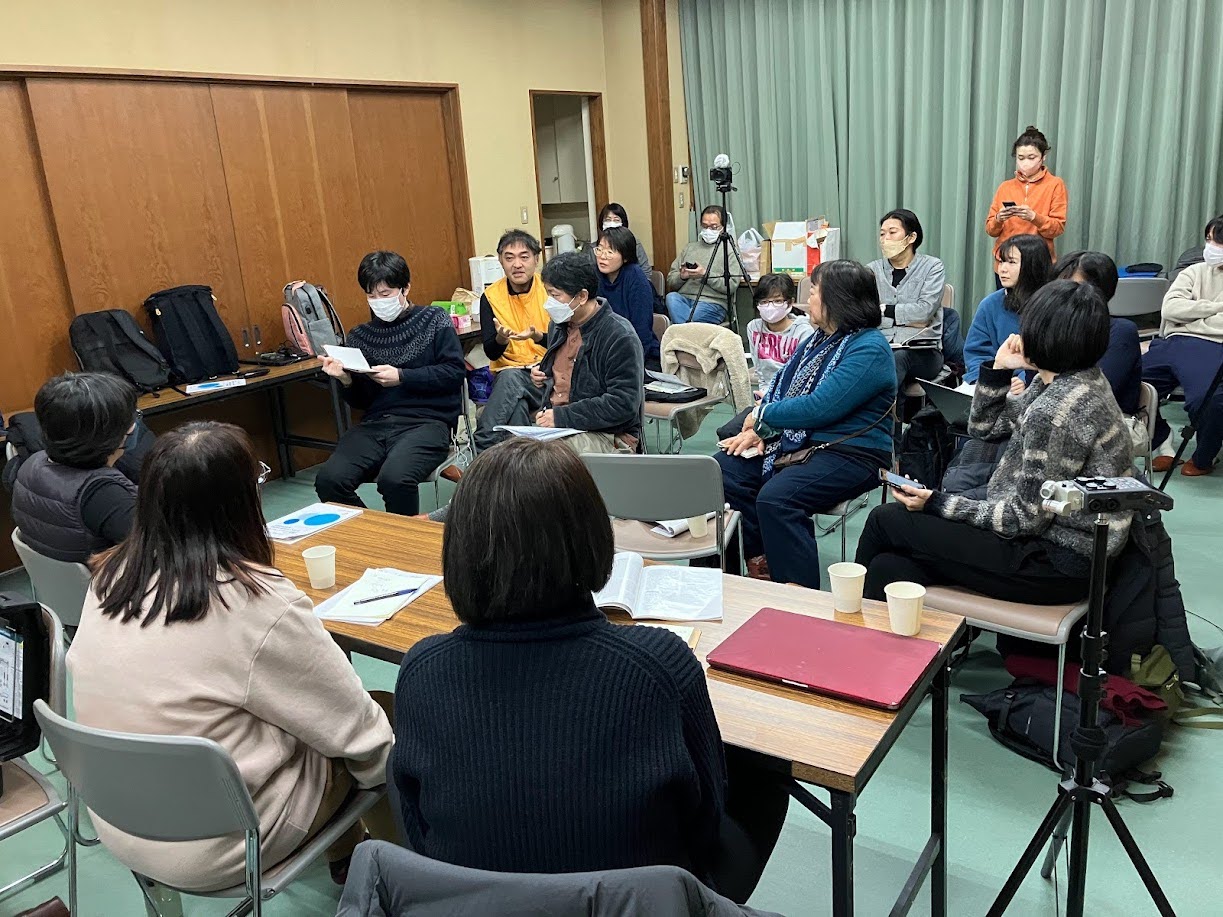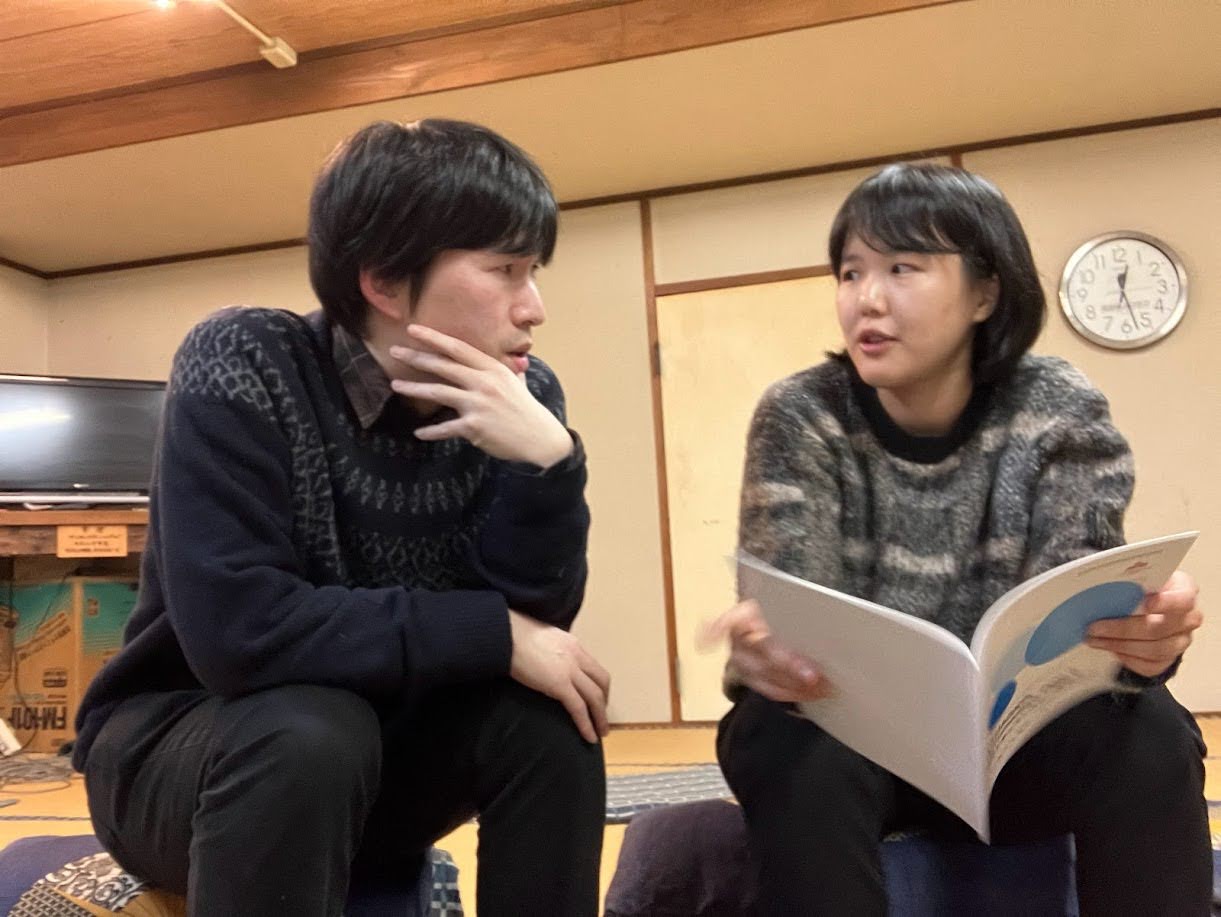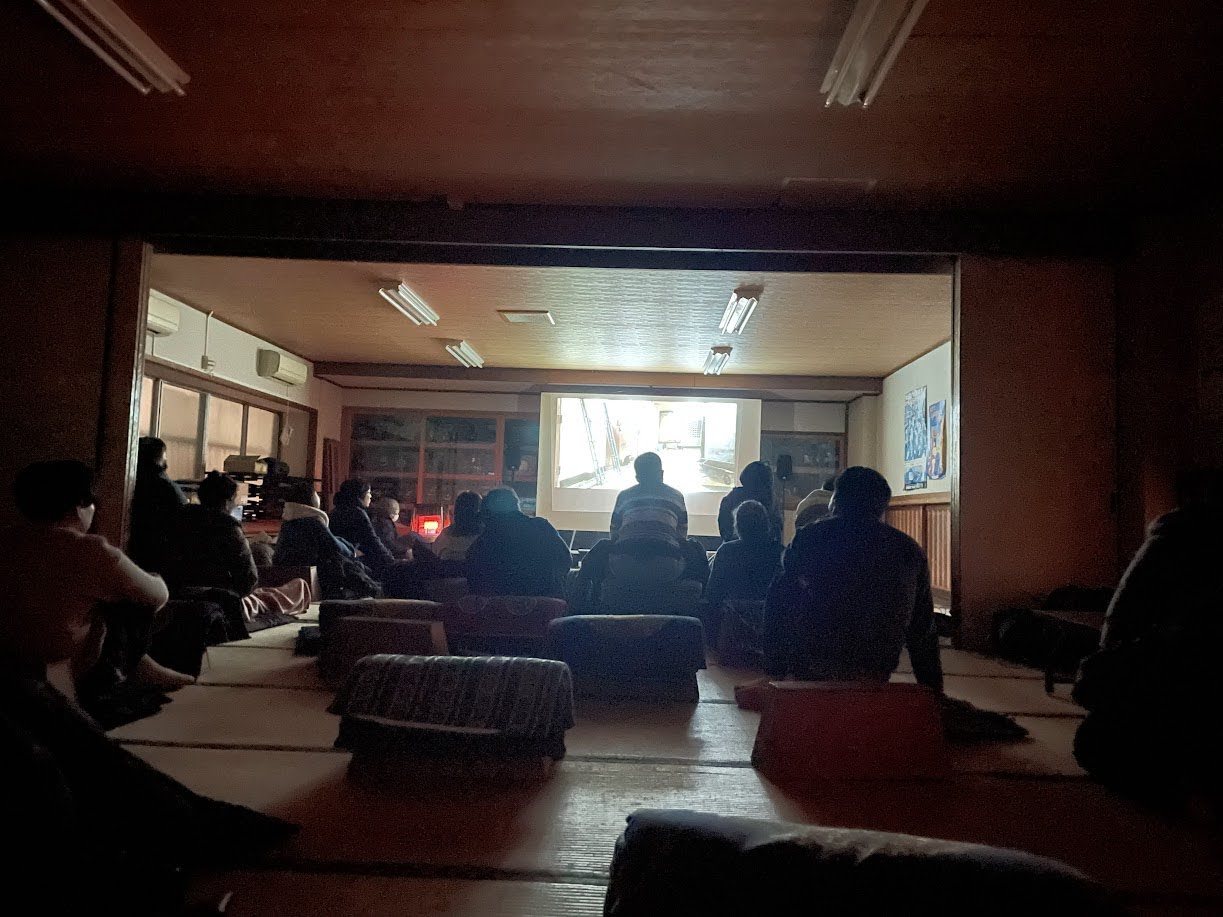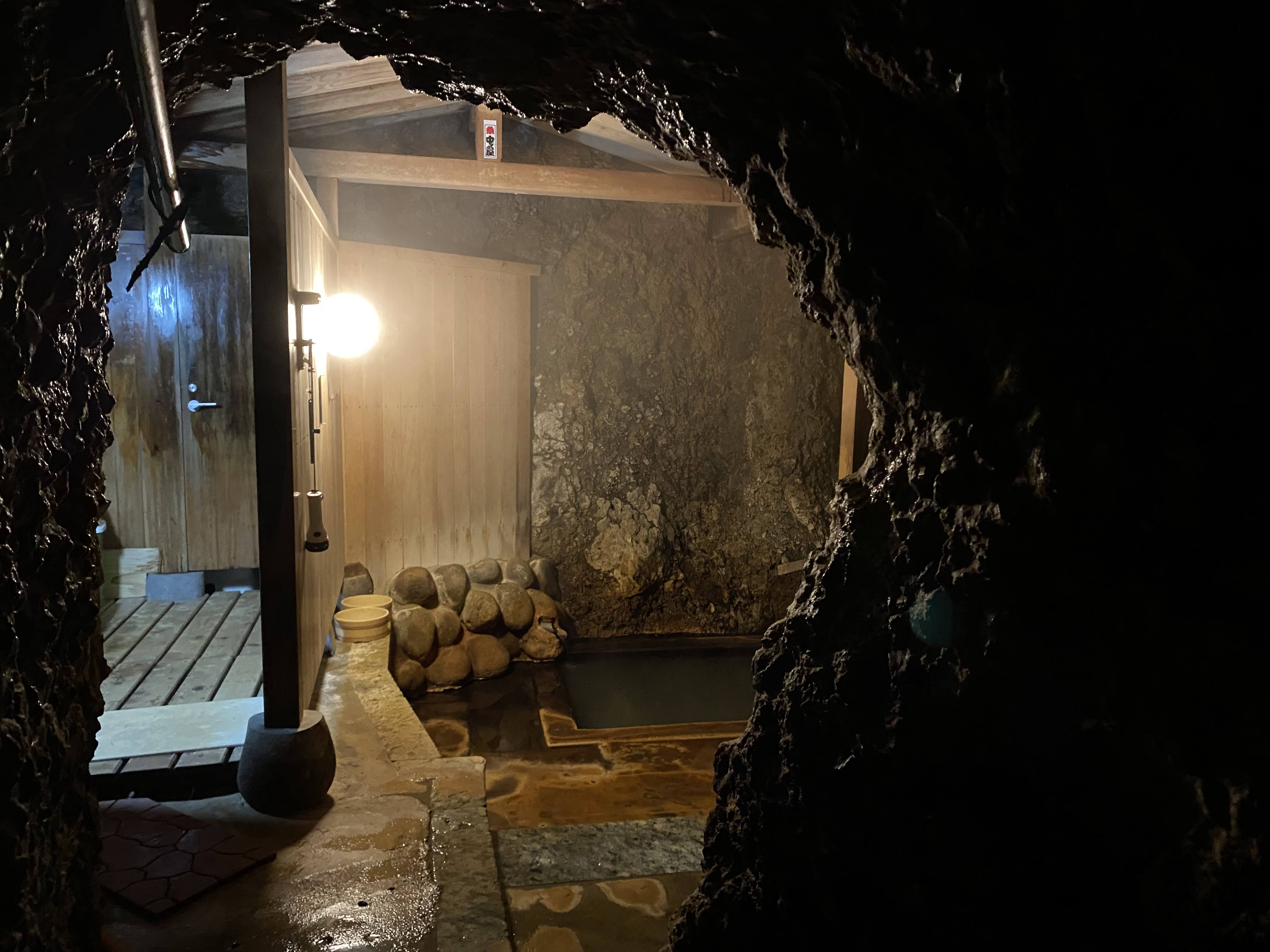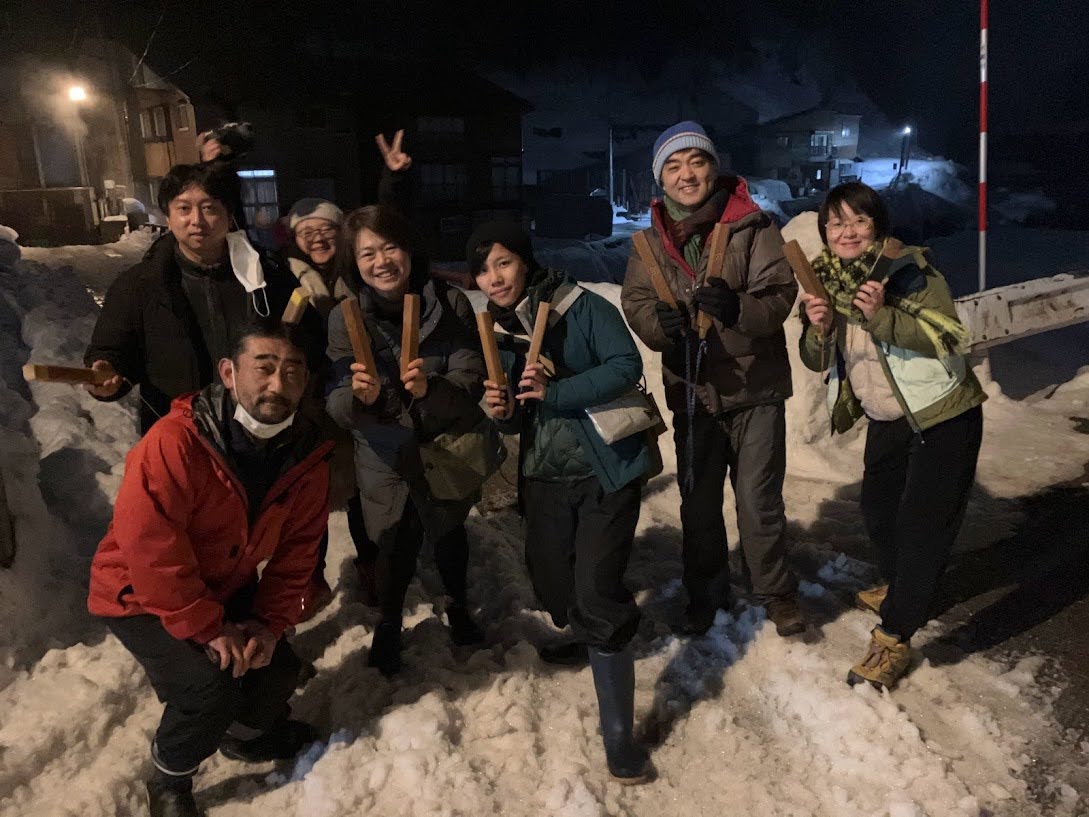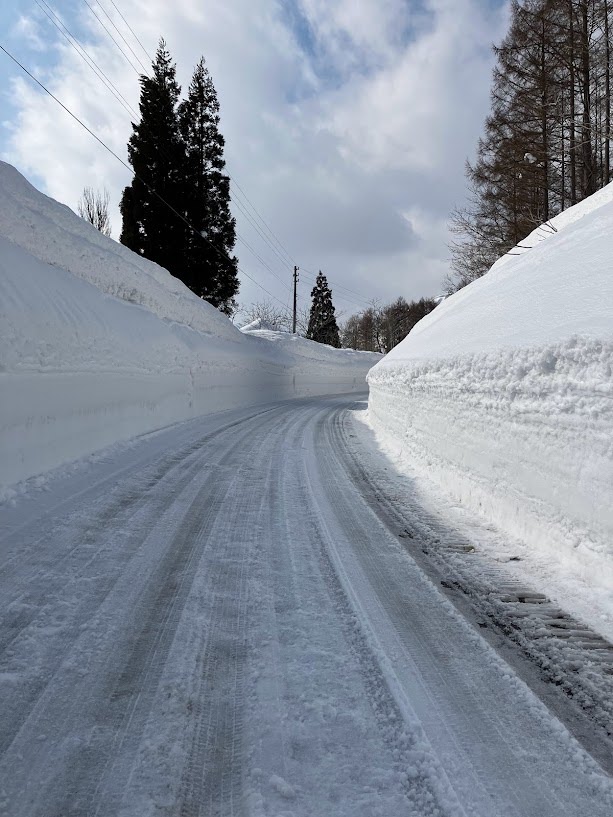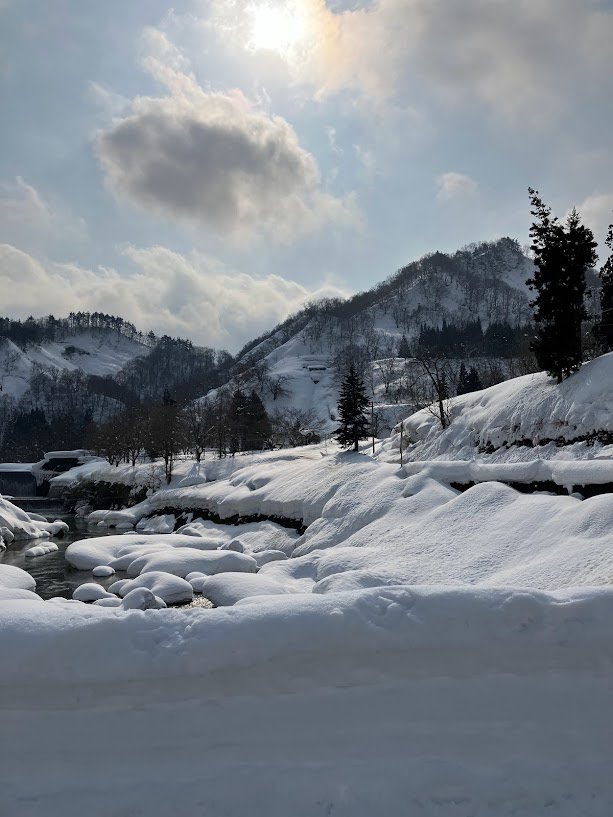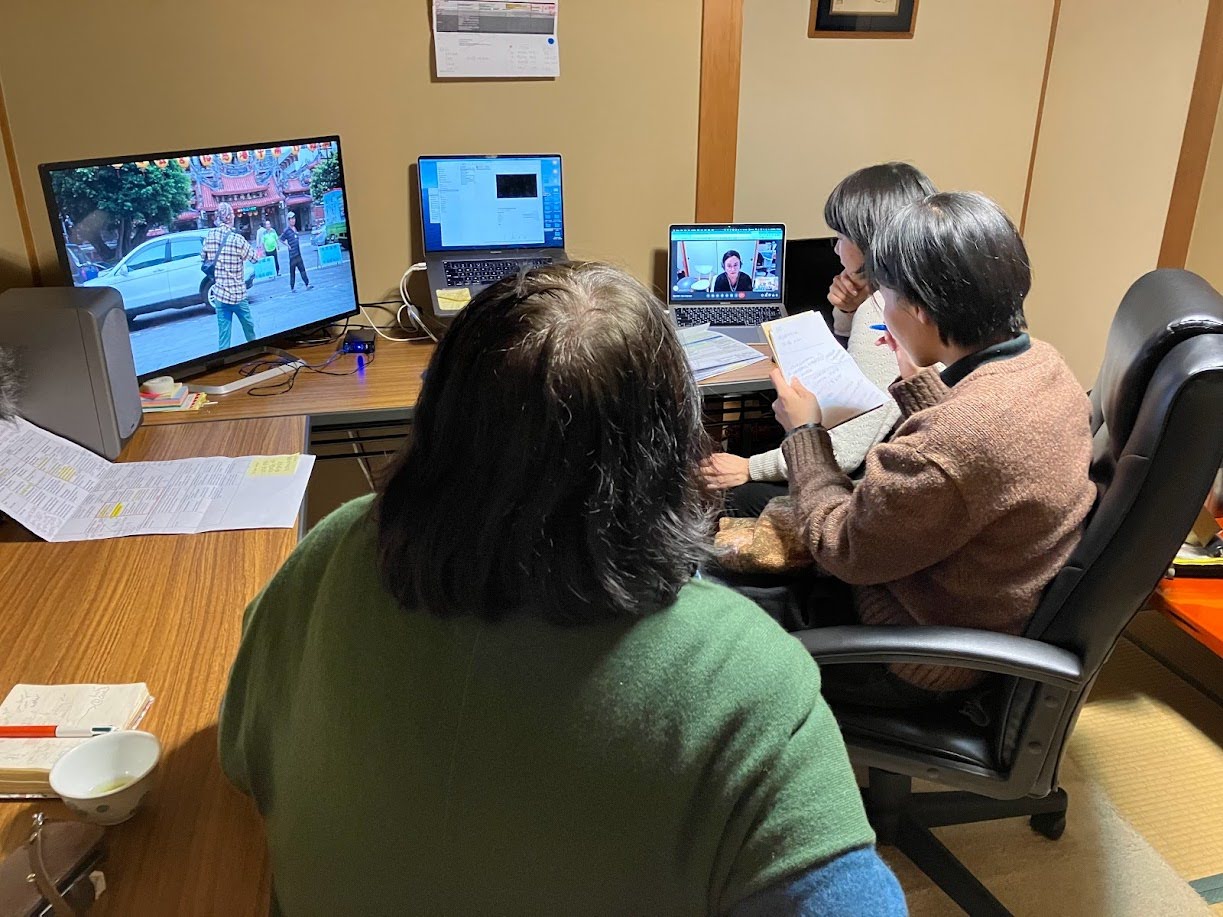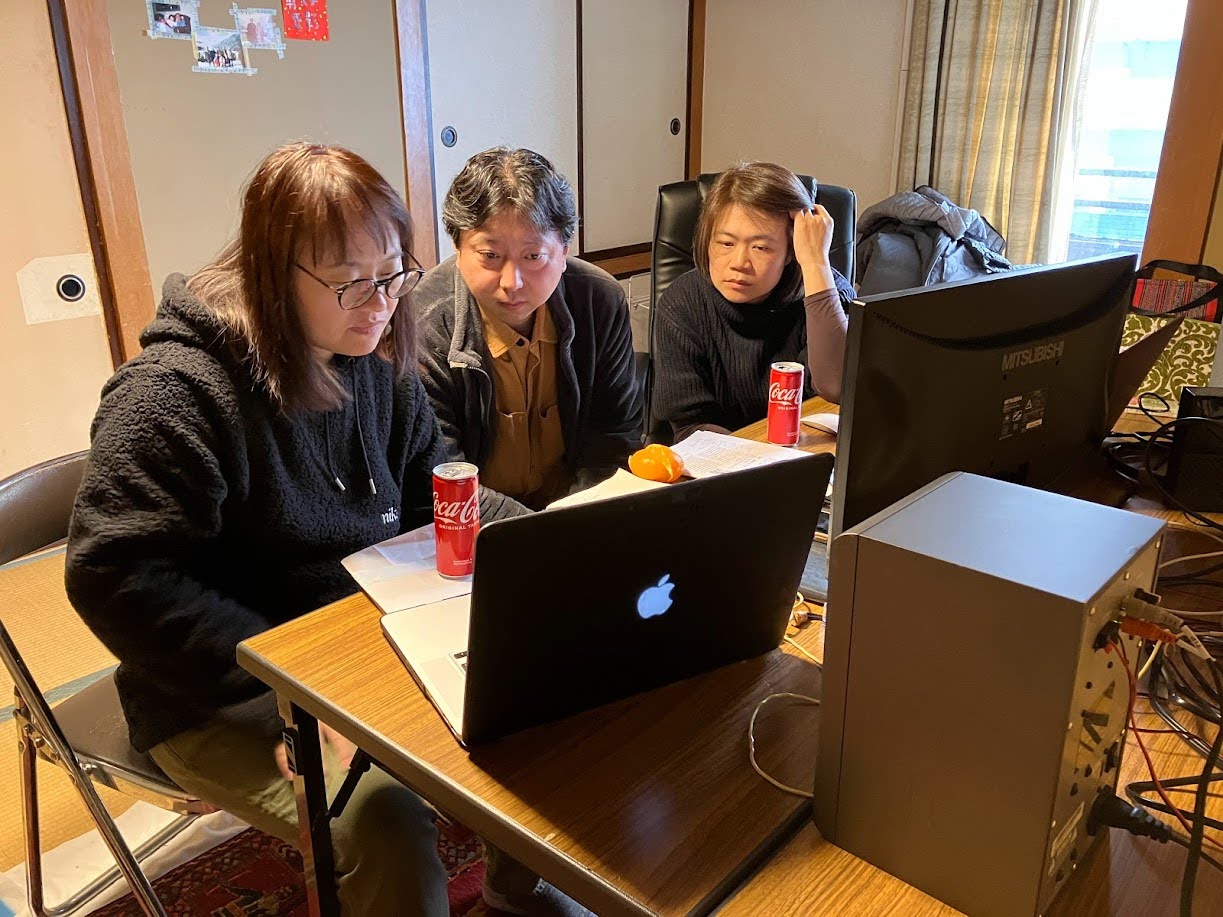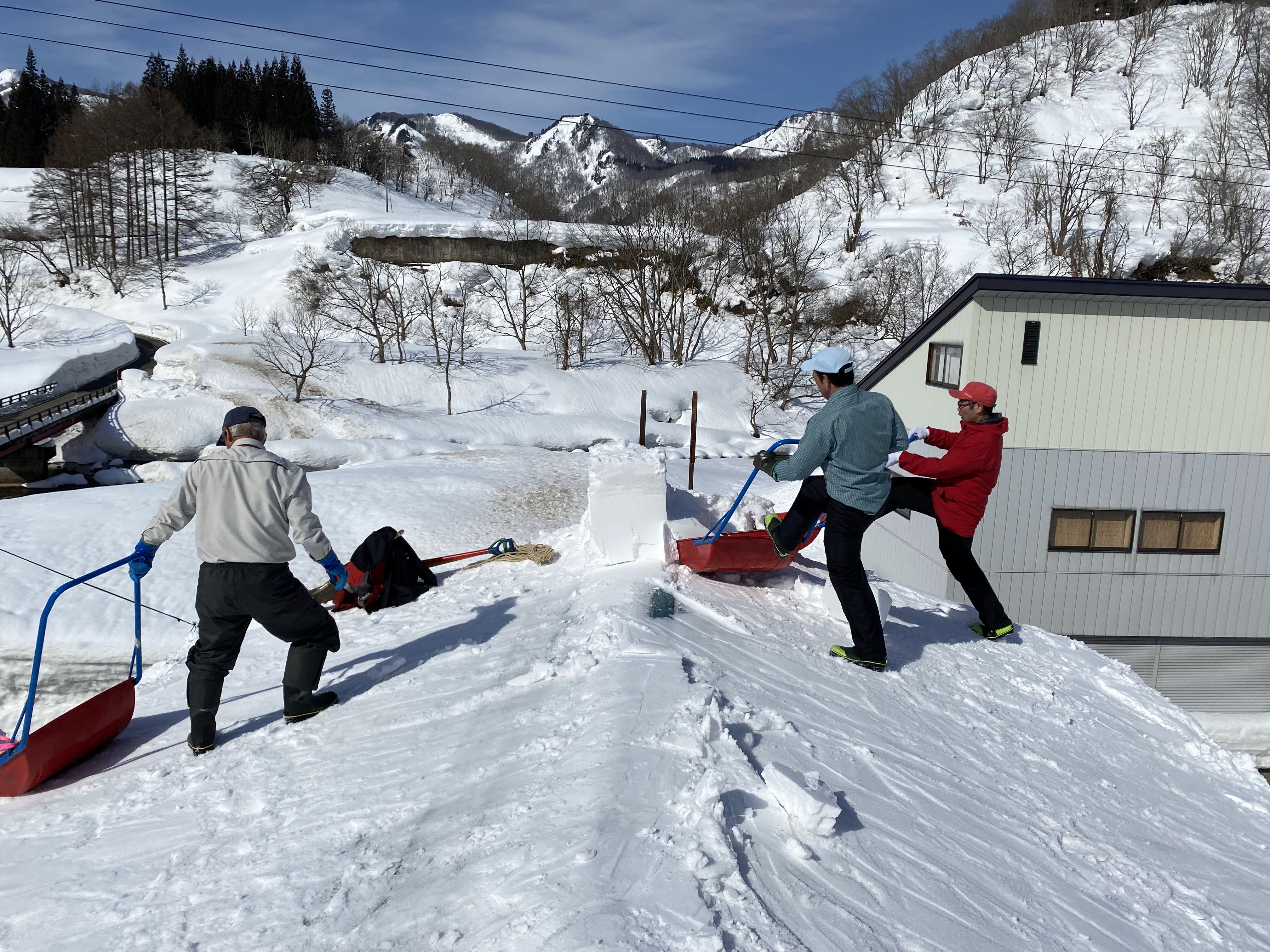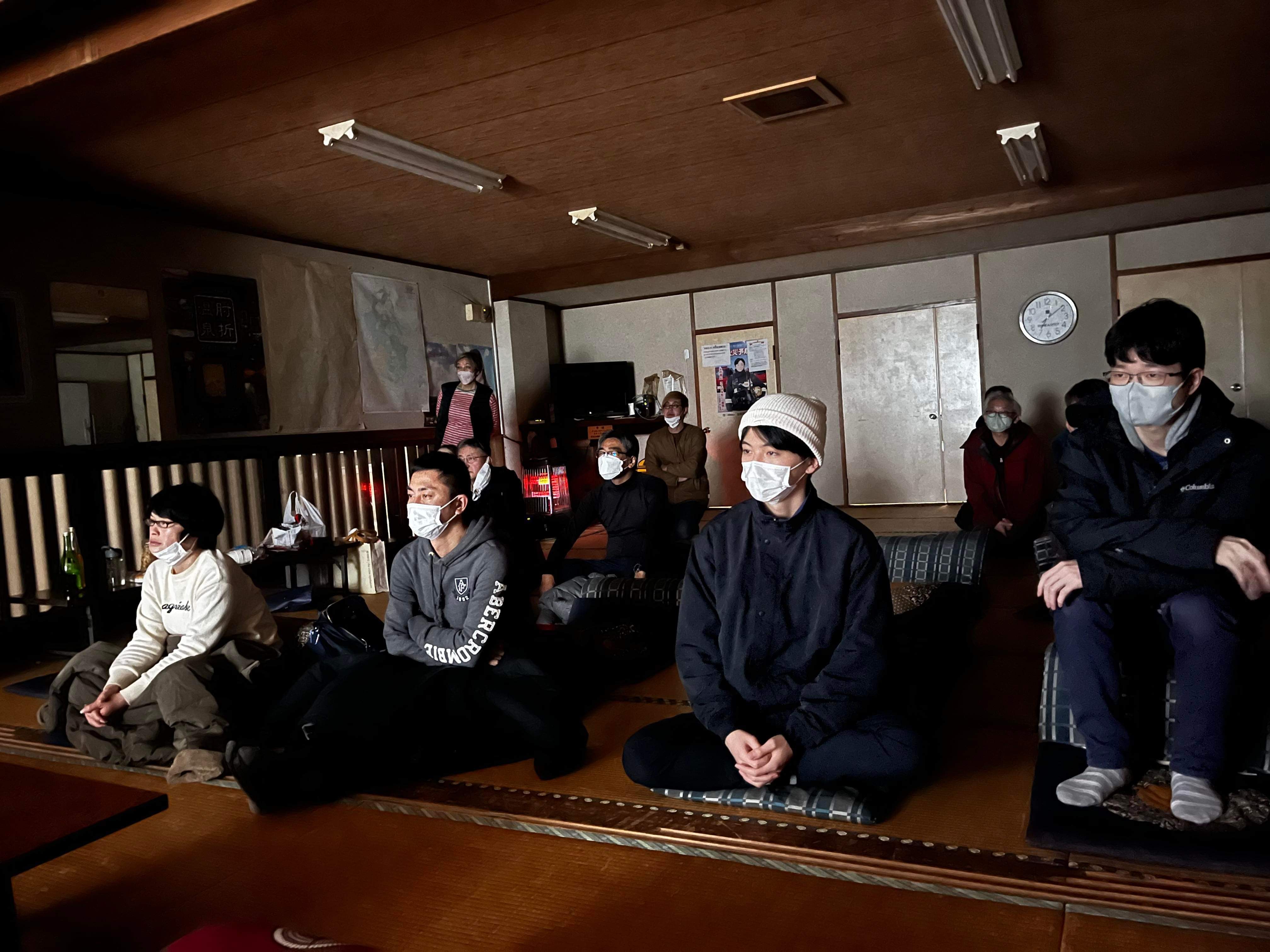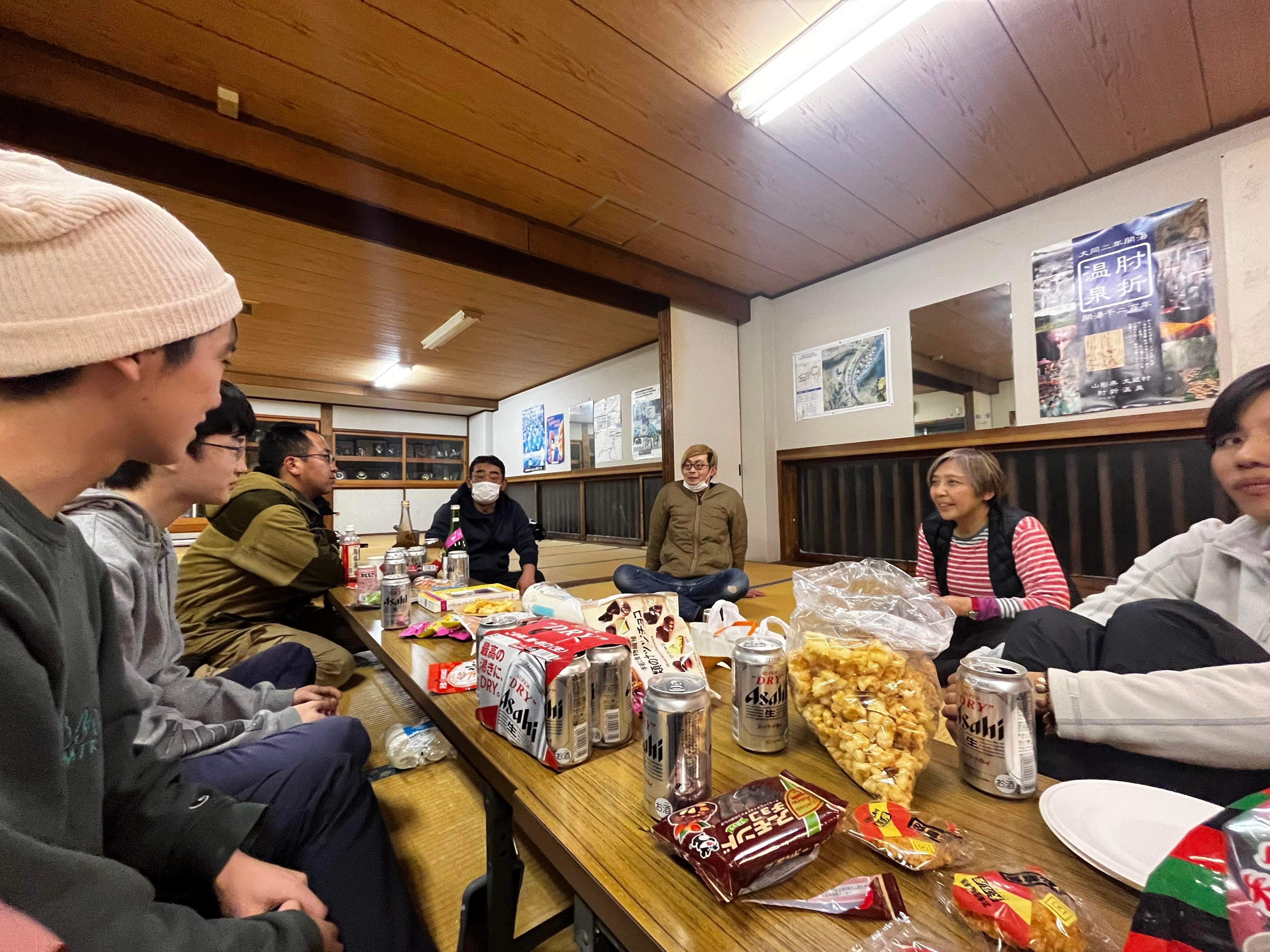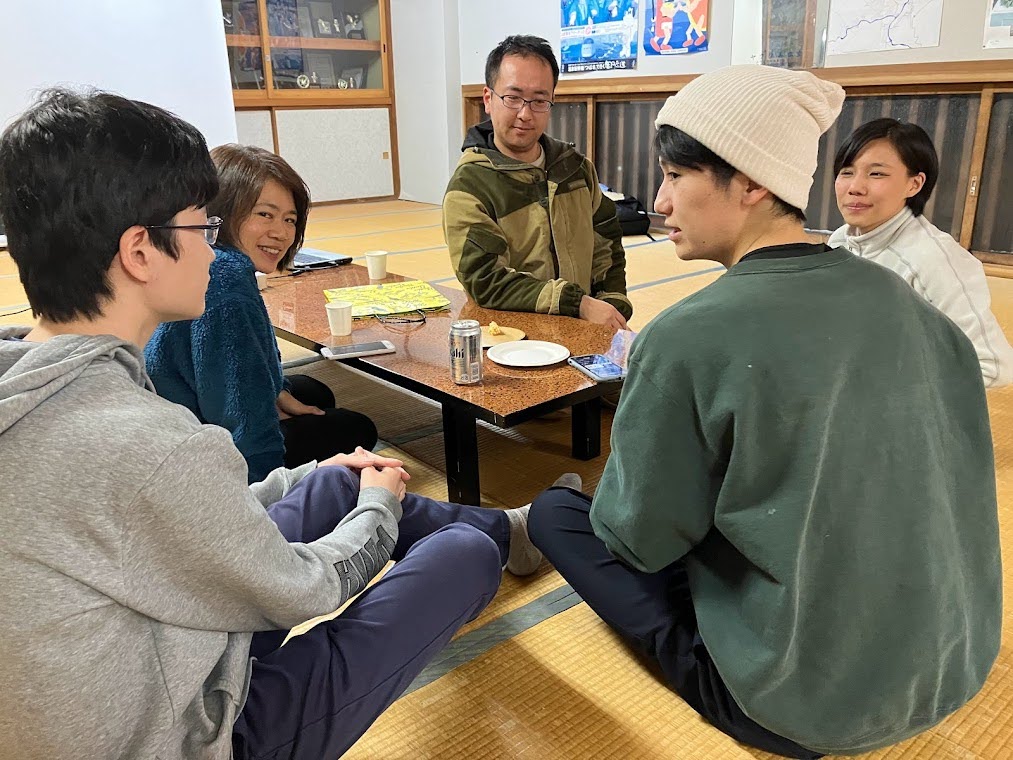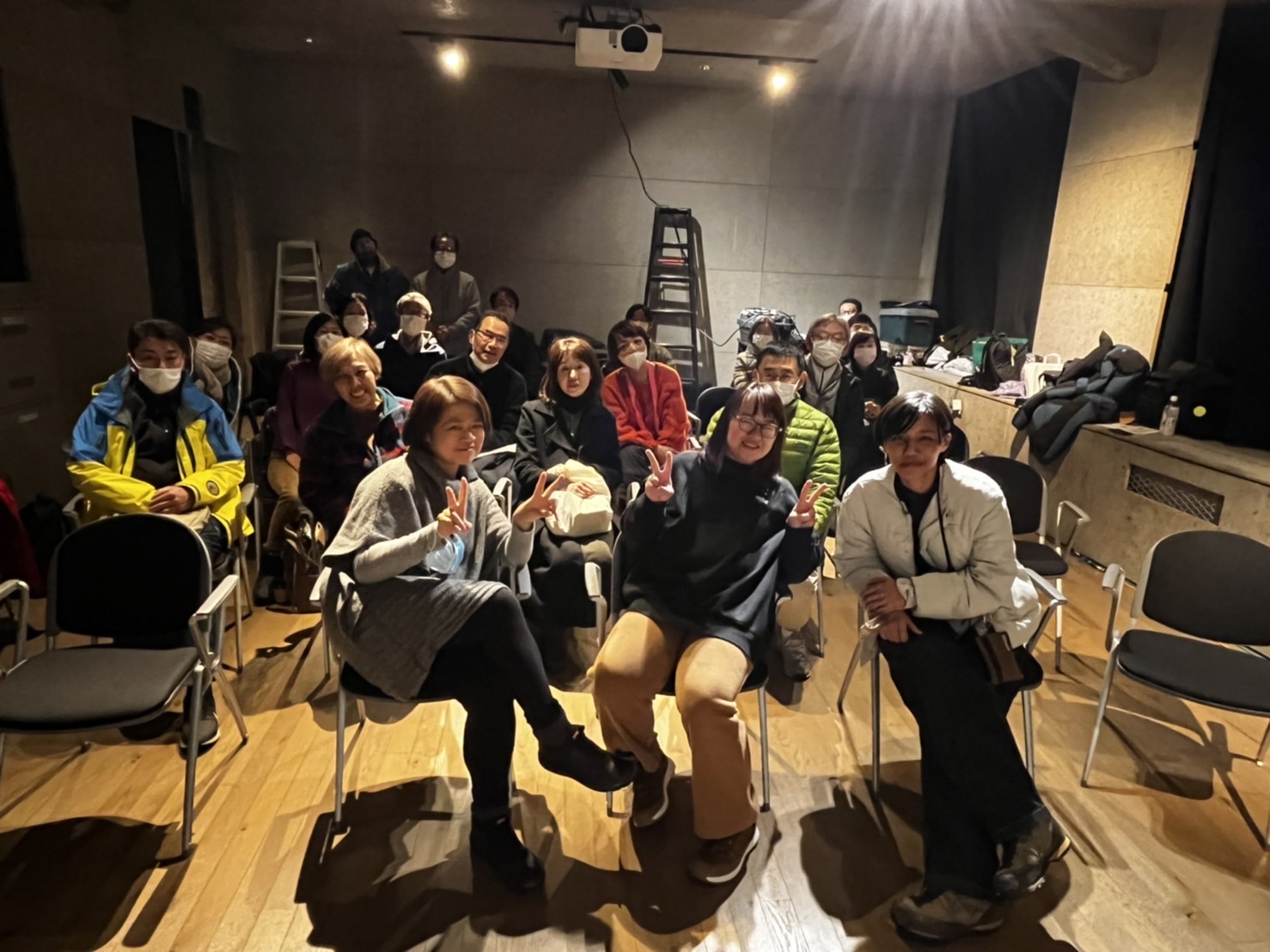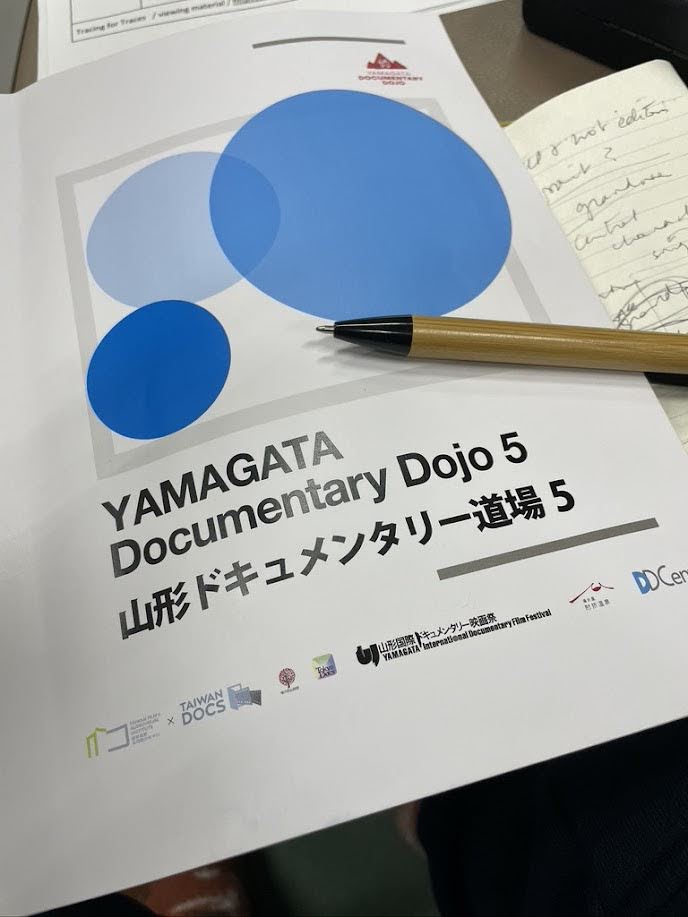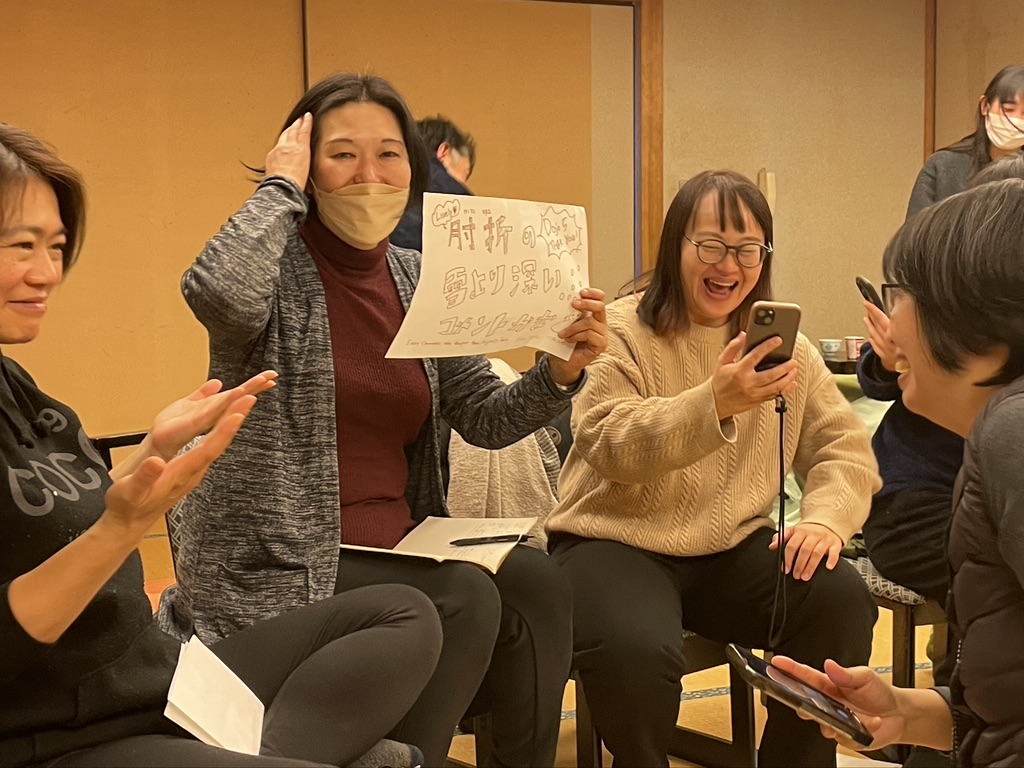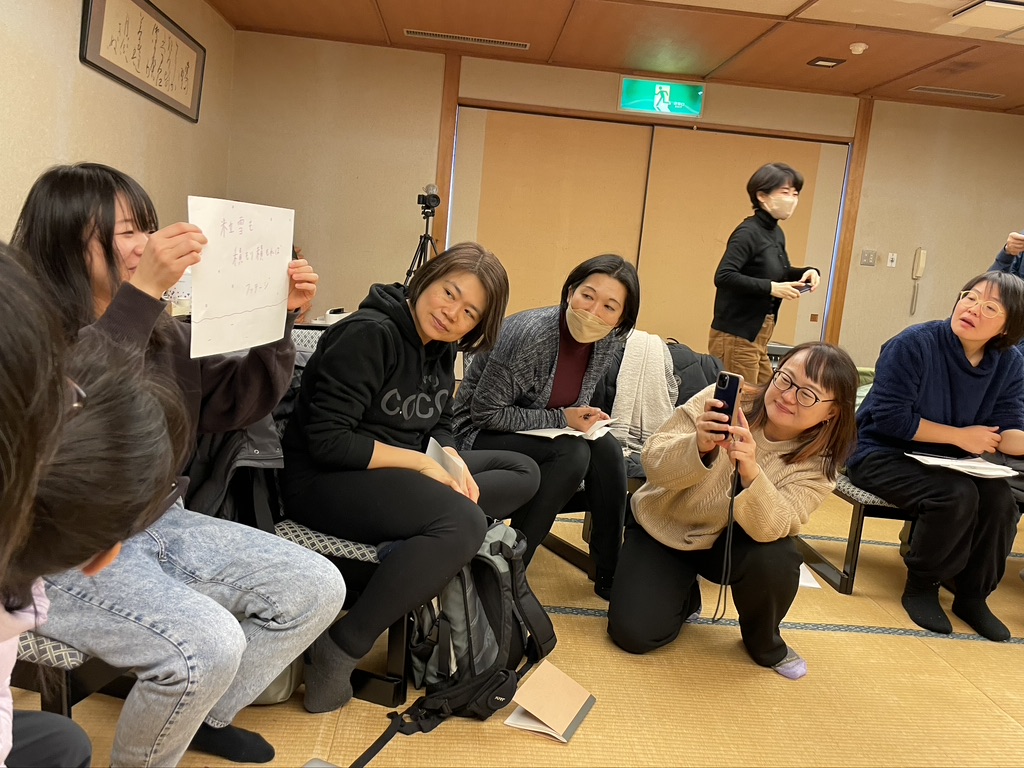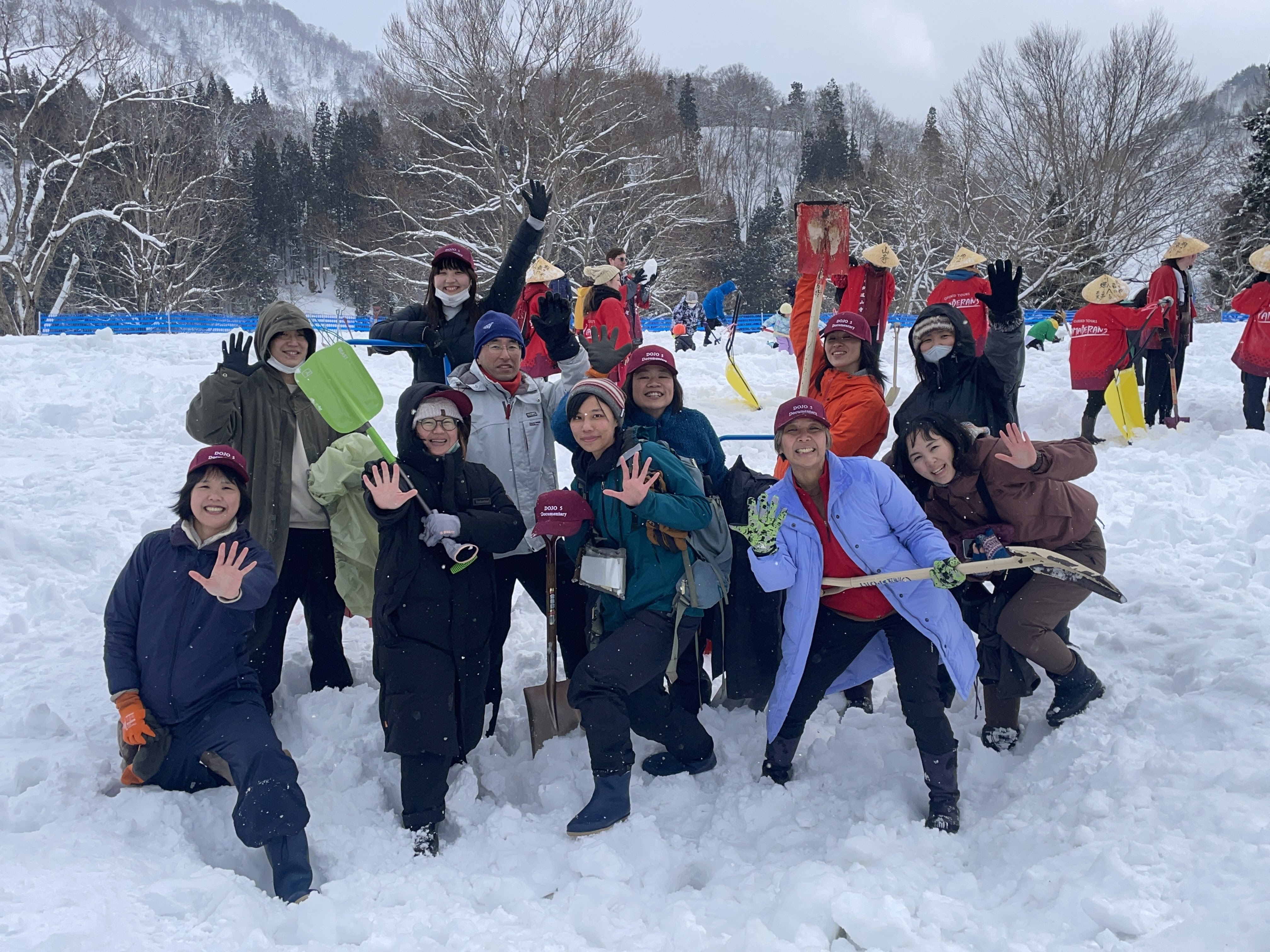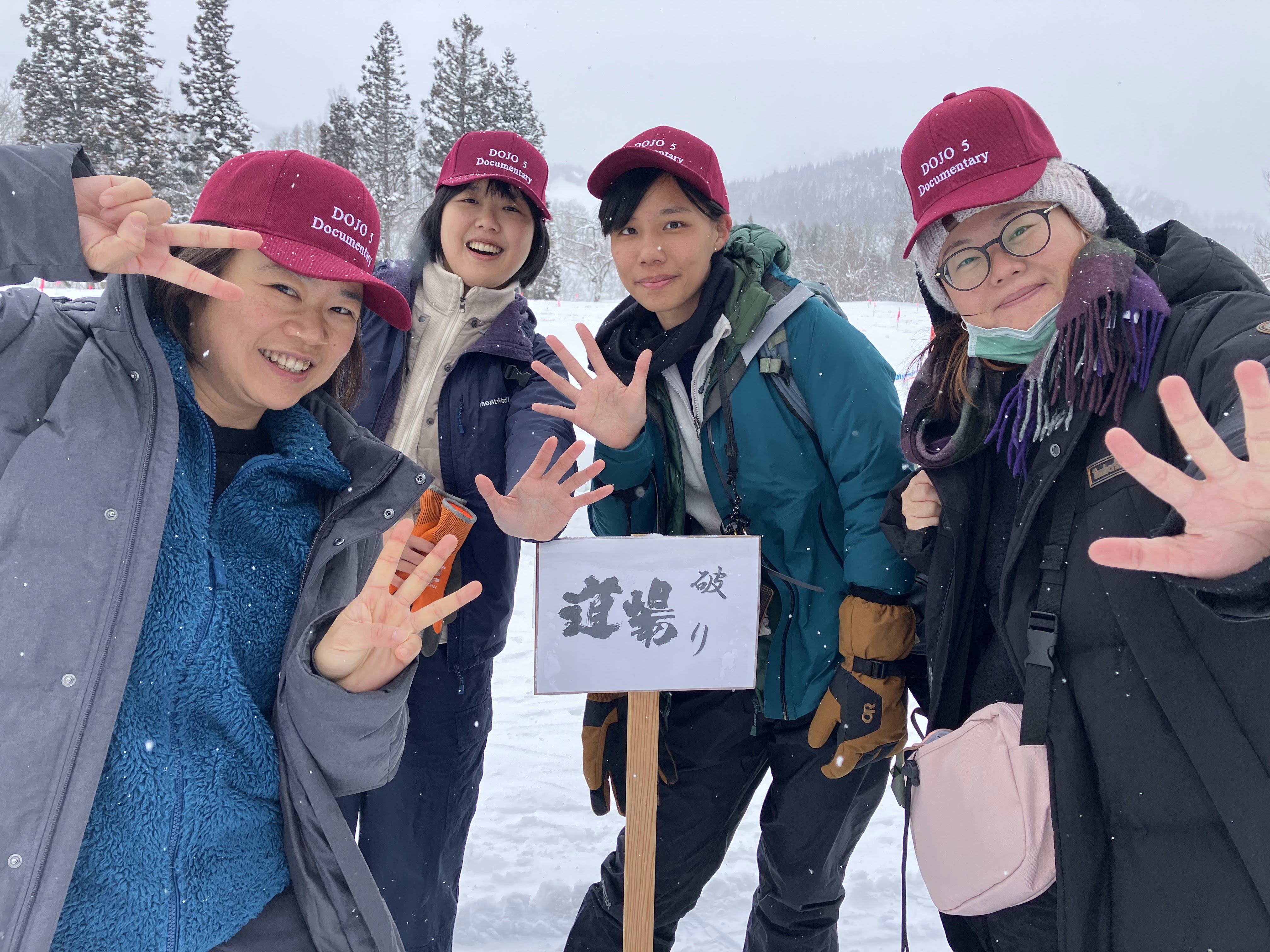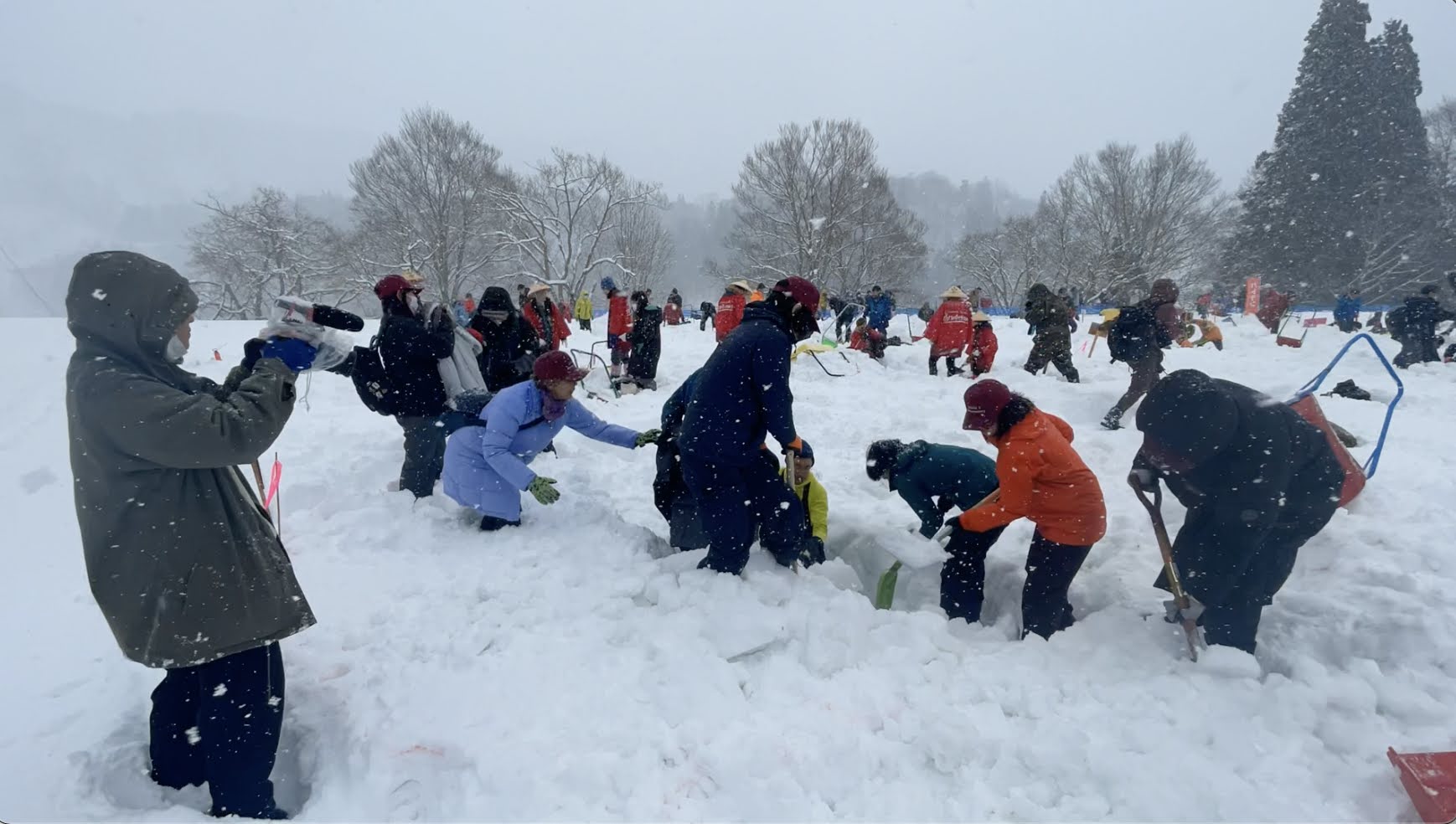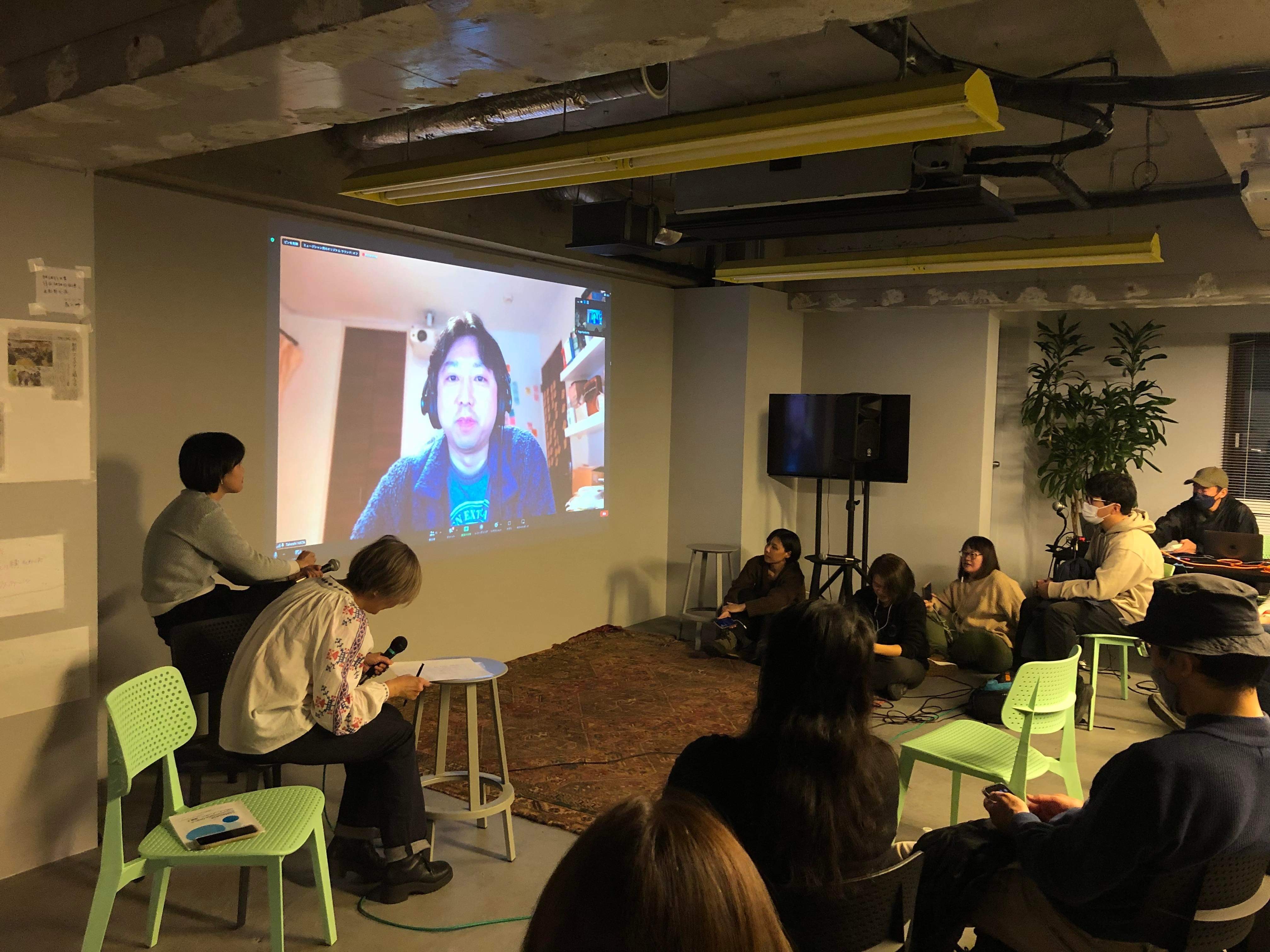

video by Kikuchi Tsubasa
|
[Table of Contents] ◆ Artist-in-residence fellows (2 teams) |
[Overview]
The concept: An artist-in-residence (AIR) program in which Asian documentary filmmakers working on new film projects stay in a hot spring resort in Yamagata Prefecture for an extended period of time to deepen their thinking through international exchange.
(1) Contemplation: Away from the daily routine, in a concentrated time and place, to review and question the work-in-progress with new eyes.
(2) Exchange: Deepen mutual understanding through friendships with colleagues from other countries, film professionals and local people.
(3) Deepening: Presenting the project during the workshop to discover new perspectives through free discussion.
This year’s event, the fifth in the series, saw the resumption of participation from overseas for the first time in four years, after a hiatus due to the pandemic. It was a joy to experience face-to-face international exchange again.
This year, two teams of four filmmakers from Taiwan stayed for an extended period of time in Hijiori Hot Springs, Okura Village, located in an area known for very heavy snowfall. After an intensive four-day workshop joined by mentors and Japanese filmmakers, they spent the following weeks rethinking their material, attending screenings of previous films, experiencing the nature through soaking in hot springs and walking snowy mountains, meeting with the local community, and closing with a presentation in Tokyo.
Yamagata Documentary Dojo 5:
Dates: Feb. 1 – March 1, 2023 (29 days)
Workshop took place Feb. 3 – 6 (4 days)
Locations: Hijiori Onsen (Okura Village, Yamagata Prefecture) / Yamagata Creative City Center Q1 (Yamagata City) / Anchorstar MPR (Tokyo)
Organized by: Documentary Dream Center
Supported by: Fondation Franco-Japonaise Sasakawa, Tokyo Docs, and other partners
With the assistance of: Yamagata International Documentary Film Festival (NPO), Hijiori
District, Ohkura Village Tourism Association, Hijiori Onsen Ryokan Union, Anchorstar, KICKSTARTER
Our partner institution was: Taiwan Film and Audiovisual Institute
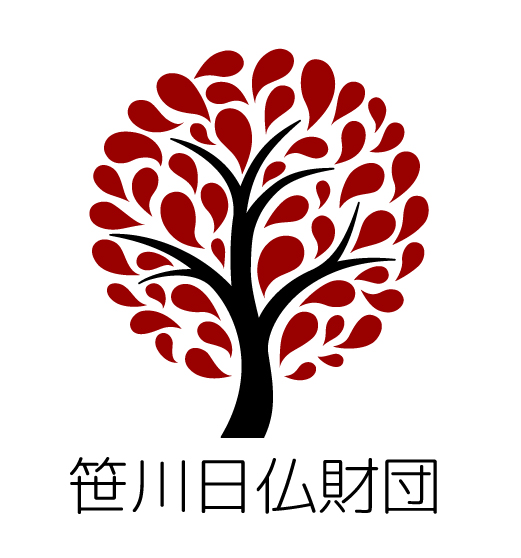


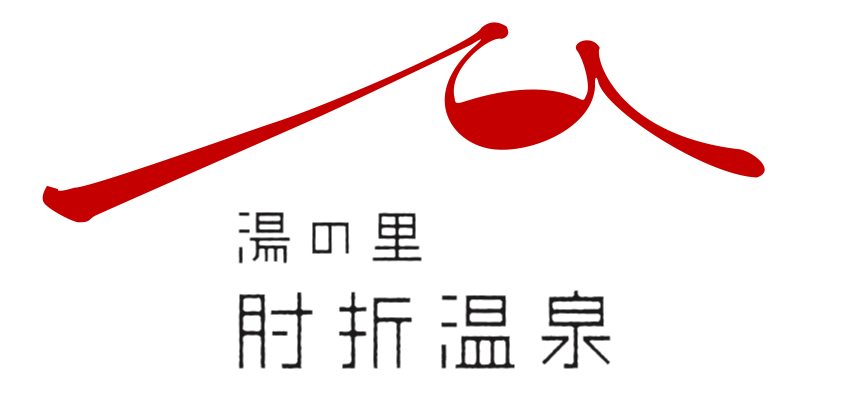



Contact:
Documentary Dream Center (Fujioka Asako)
6F Daisan Yamada Bldg. 22 Aizumicho, Shinjuku-ku, Tokyo 160-0005 JAPAN
info@ddcenter.org
https://ddcenter.org
www.facebook.com/docdreamcenter
===================
![]() Artist-in-residence fellows (2 teams)
Artist-in-residence fellows (2 teams)
Filmmakers worked on their films during a month’s stay in Yamagata.
● The program opened with a four-day workshop with mentors and Japanese filmmakers, packed with presentations, Q&As, discussions, masterclasses, and film screenings.
● This was followed by two days of one-on-one meetings with mentors to talk intently and organize thoughts.
● In the second half of the stay, filmmakers worked on their films with renewed eyes, energized by the natural hot springs and exchanges with the local community.
● YIDFF organized a screening of the filmmakers’ previous films with discussion with the audience in Yamagata City. The filmmakers visited the Yamagata Documentary Film Library.
After the Snowmelt 雪水消融的季節
One close friend died and another barely survived after 47 days in a cave when a mountain trekking expedition in Nepal went wrong. The film deals with the journey of the filmmaker and the survivor, whose young lives were drastically changed because of their loss. In Hijiori, a mountain valley with heavy snowfall, the director reviewed her personal story with fresh eyes and full bodily experience.

Producer: 陳詠雙 CHEN Yung-Shuang
Lost in the Dream Spi 烤火房的一些夢
After eight years in the making, the filmmaker is ready to complete her film about her deceased grandfather and their community — the Tayal indigenous people from central Taiwan. Traveling away from her land and working with an editor from France, her time in Hijiori was a way to find distance and a fresh view on her material.
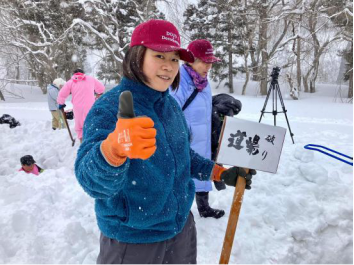
Editor: 林怡初 LIN I-Chu
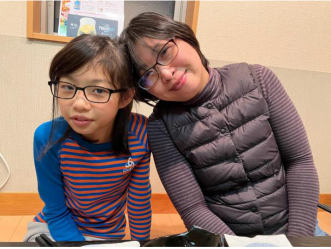
Producer: 黃惠偵 HUANG Hui-Chen (workshop only)
![]() Workshop only participants (3 filmmakers)
Workshop only participants (3 filmmakers)
The Japan-based filmmakers presented their documentary projects and held group discussions during the 4-day workshop.
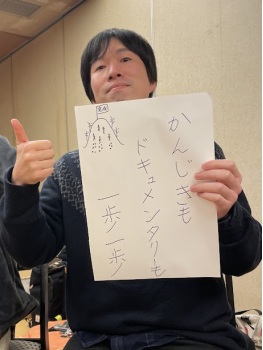
Ohba Takeo 大場丈夫
Scenes from a Classroom
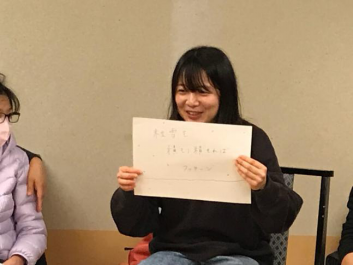
Kudo Masa 工藤雅
Tracing for Traces
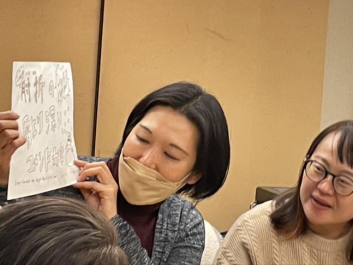
Takefuji Kayo 竹藤佳世
Grandpa’s Three Swords
Five mentors supported the progress of the film projects through workshop discussion, masterclasses, and one-on-one meetings.

Mary Stephen (Paris / Film editor)
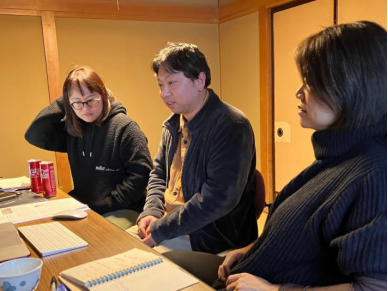
Hata Takeshi 秦岳志 (Toyonaka / Film editor, producer)
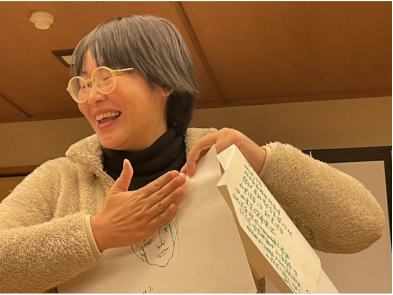
Huang Ji 黄驥 (Kawasaki / Filmmaker)
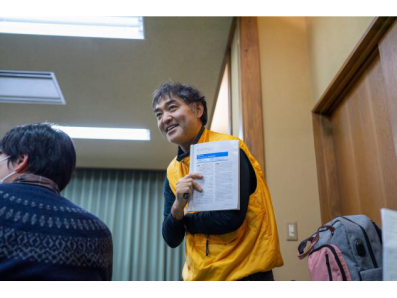
Otsuka Ryuji 大塚竜治 (Kawasaki / Cinematographer, Filmmaker)
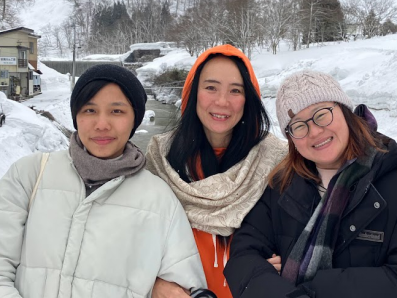
Kawase Naomi 河瀬直美 (Nara / Filmmaker)
|
Workshop (2/3 – 6) Four intense days filled with presentations, masterclasses, discussions, and workshop exercises. An online blog became a documentation of the thoughts and emotions that emerged from the sessions. |
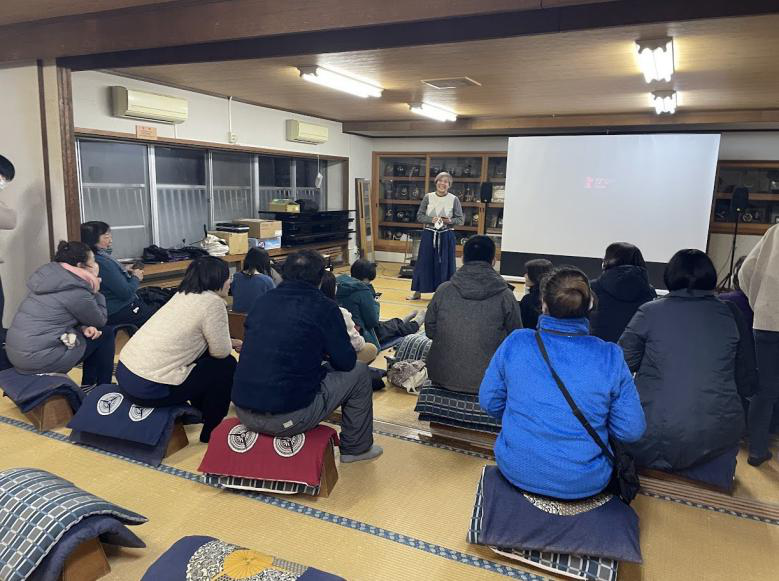 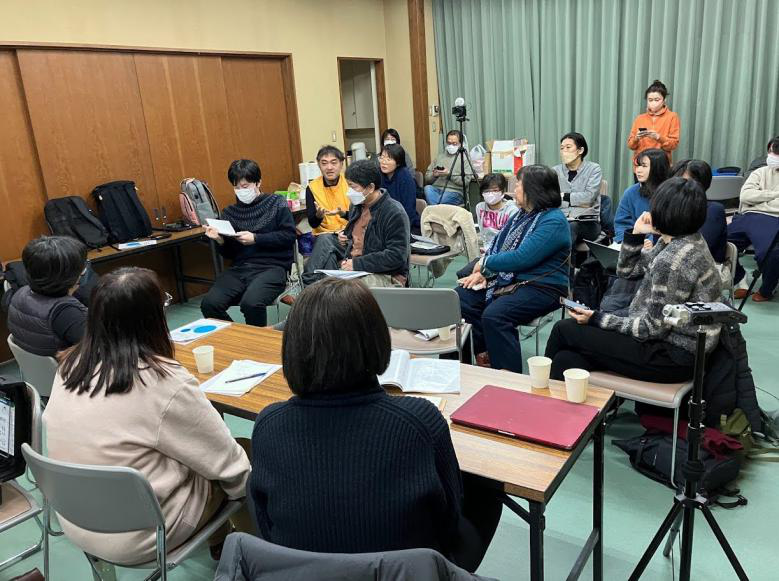 |
|
One-on-one meetings (2/7 – 8) Following the group discussions during the workshop, the filmmakers had individual sessions with the four mentors to review and converse further. |
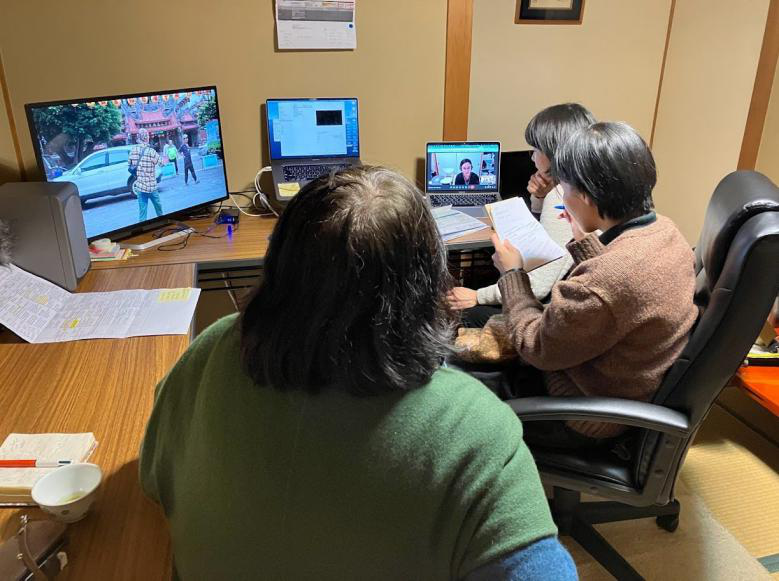 |
|
One-on-one meetings (2/19 – 20) The filmmakers had meetings with mentor Kawase Naomi and discussed their projects with her. |
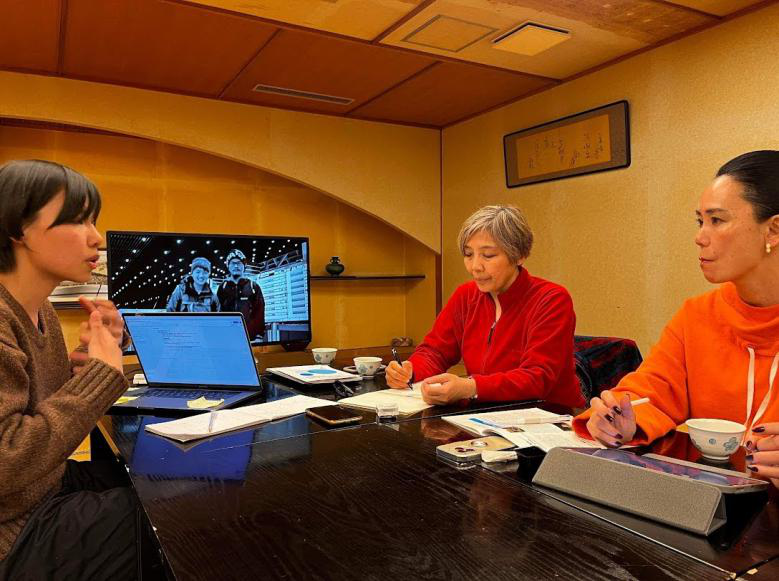 |
|
Movie Night 2/4 (Scala by Ananta Thitanat) We watched the Berlinale-premiered Thai film which was a DOJO 3 project. After the film, the director and editor in Bangkok joined us for an online Q&A discussion. |
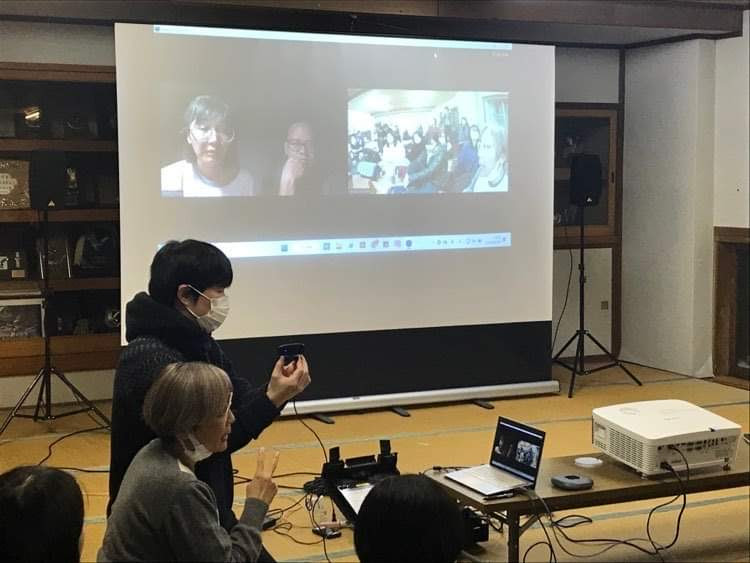 |
|
Film showings in Yamagata City (2/17) Traveled to town to take part in YIDFF’s public screening event featuring Lo Yi-Shan’s shorts including Afterwards and Sayun Simung’s Millets Back Home at Yamagata Creative City Center Q2. Post-screening discussion with 38 participants. The following day, the filmmakers visited the Yamagata International Documentary Film Library. |
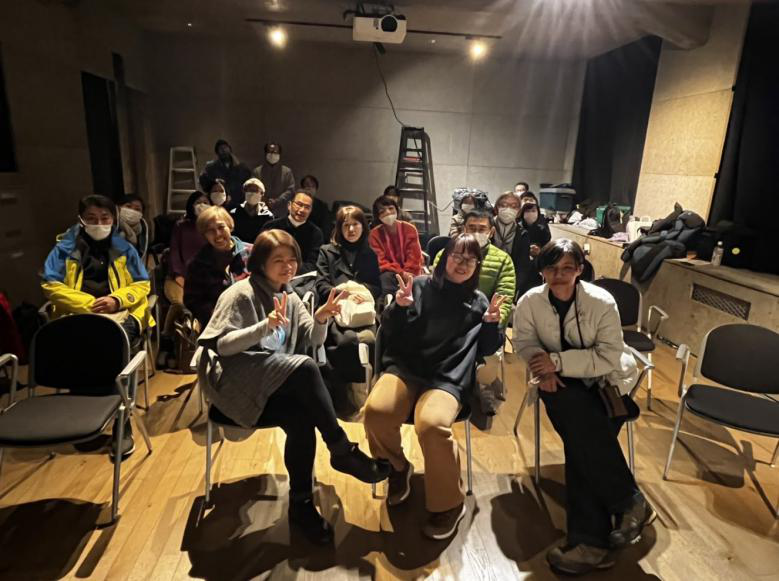 |
|
Movie Night 2/21 (Millets Back Home by Sayun Simung) We watched Sayun’s previous film with the Hijiori locals. The following discussion about Tayal culture was moderated by a young local resident. |
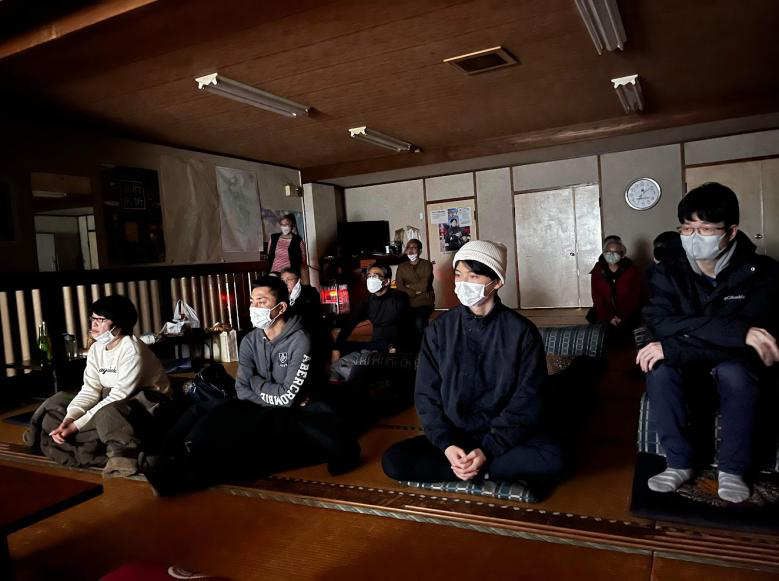 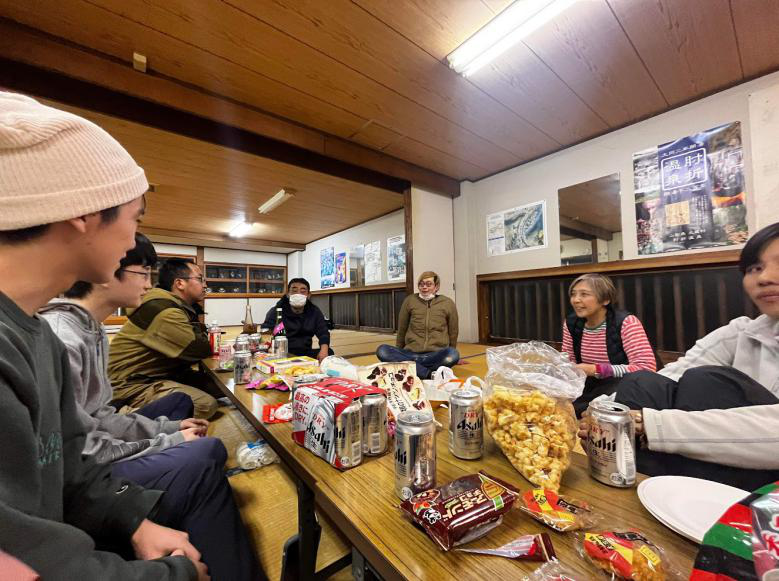 |
|
Snow Digging Competition (2/26) The Dojo team took part in this famous local event to compete how fast they could dig the deep snow underfoot to reach and present a handful of soil. We enjoyed the friendly exchange with other team members which had started the evening before, and managed to goal in at number 27 among 41 teams. |
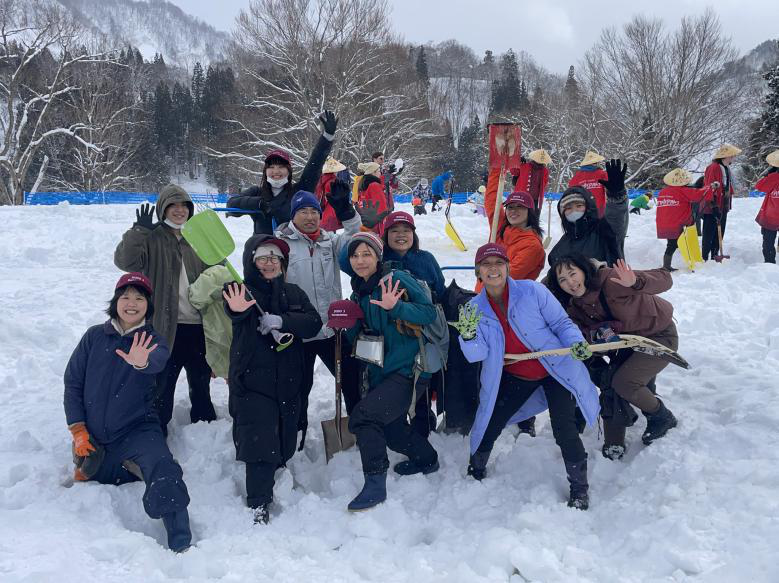 |
|
Tokyo wrapup presentation (2/28) At Anchorstar MPR in Toranomon, Tokyo, the dojo program had its first physical wrapup presentation in three years. Each filmmaker shared their experience through photos and comments, also presenting short films they made during their stay in Hijiori. Mentors joined the session online from Osaka and overseas. Some of the Japanese workshop participants also attended, and it was like a mini-reunion. |
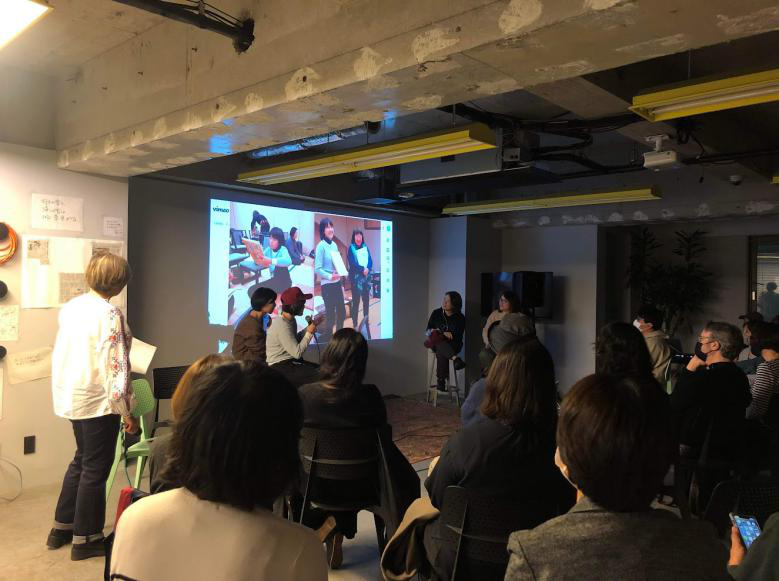 |
|
Short film series FACES YAMAGATA Four Taiwanese filmmakers made short documentaries towards the end of their Hijiori stay. The films will soon be made viewable online. (Photo is from Sayun Simung’s film Hijiori Wooden Hyoshigi. |
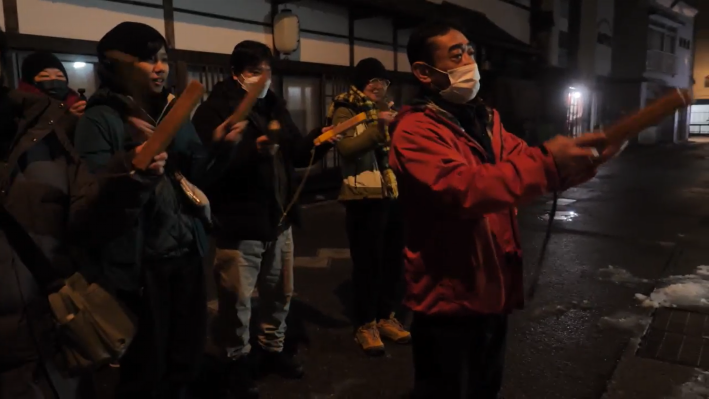 |
Yamagata Newspaper “Hijiori Ideas Pile Like Snow” (2023/2/6)
Yamagata Newspaper “Millets Back Home / Images Overlap with Hijiori, Okura” (2023/2/12)
Yomiuri Newspaper “Dig Snow Seek Soil in Okura” (2023/2/27)
NHK news (nationwide)
Taiwan Documentary Workers Union https://docworker.blogspot.com/ Chen Yung-Shuang, “2023 Yamagata DOJO Workshop” (2023/April – May)
Funscreen https://www.funscreen.tfai.org.tw/ Lo Yi-Shan, “The Narrow Road to the Deep Interior” (2023/4/18)
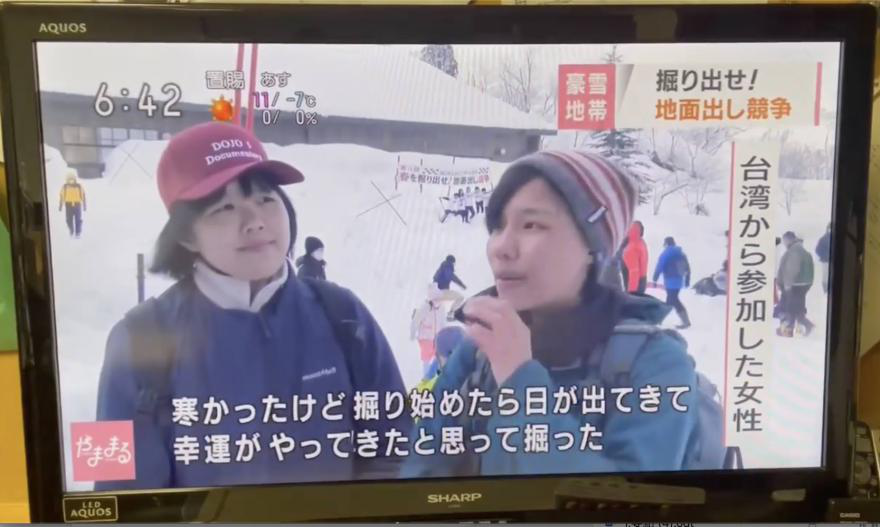
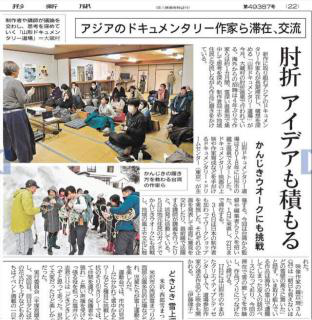
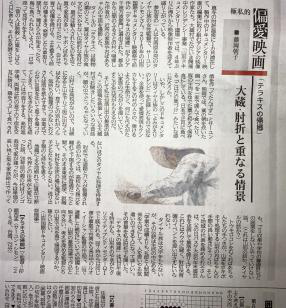
Open call for participants (flyer, poster, social media tiles)
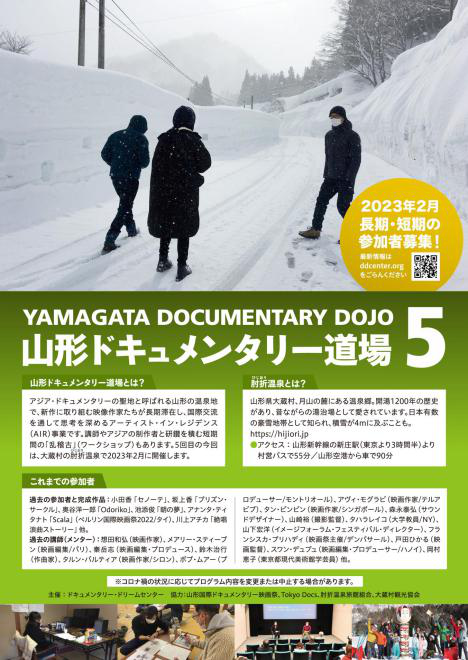
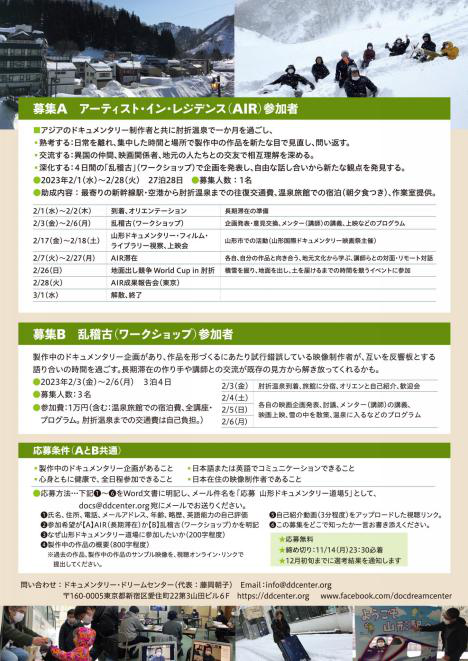
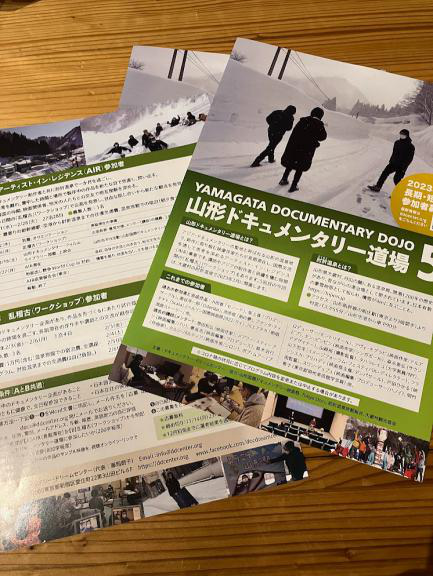
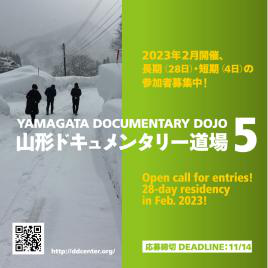
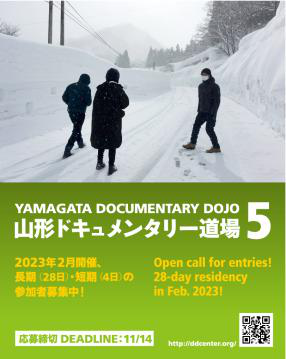
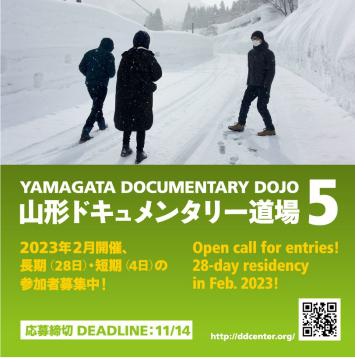
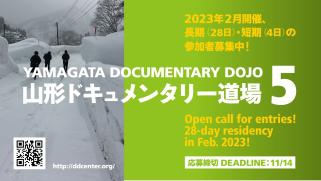
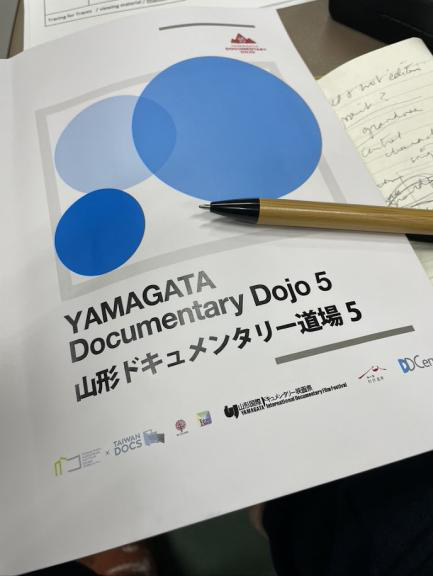
Booklet (Japanese/English 30 pages)
Short videos recording program (2 versions) Scheduled for completion and web release 2023/4
・This was a valuable opportunity allowing for team members from different backgrounds to spend intense time together.
・The time in the residency was invaluable. Making a film is like climbing a snow-covered mountain step by step, and it is also laborious, like filling up huge holes in the snow that you dug yourself. I was able to revive the senses that had worn away and become dull during the course of my long production period.
・The experience of living with nature in snow country and learning the way of life of the locals were important lessons directly relevant to the work we were working on.
・It was an opportunity to ask myself the crucial question of why we are making this film. By answering through discussion, we were able to organize our own thoughts. We encountered different ways of filmmaking from our own and gained a sense of diverse viewpoints. Thinking and talking about the other projects of other filmmakers brought us back to the basics.
・I know documentary is free form, but I discovered freedom here. In an age where you can get so much information online, the lessons and experiences that I gained here were nothing you can find through a virtual search.
・The combination of the cold climate and the hot spring bath provided the best environment to intensely focus on our films.
・What is a documentary, and is my film a documentary? Through the workshop, I came to realize that this question was meaningless and that documentary is free and generous.
・I got so much out of the workshop, especially thanks to the other participants. We shared values and yet each person had a different approach to documentary production.
・Two people with different thoughts and ideas spending time together in a limited space. It’s like getting naked and taking a bath together — it could feel awkward at first, but there’s an intimate personal relationship that comes out of it. It is a cherished setting where you can come together to face your material seriously.
・A residency is a kind of a reset. There is an isolation from the everyday, and the discovery of something local but different. Especially if you don’t have the language, you can go beyond it. You can rediscover the emotions. I was impressed by the young and raw emotions in the projects. And the environment in the snow creates a meditative set of mind. The young emotion and the old set of mind come together in this space, a place for creativity.
・It is unique that the dojo gives the participants freedom to decide what their creative goals will be during the month-long stay. It is a special and precious kind of time that we find most difficult to make in our daily lives.

